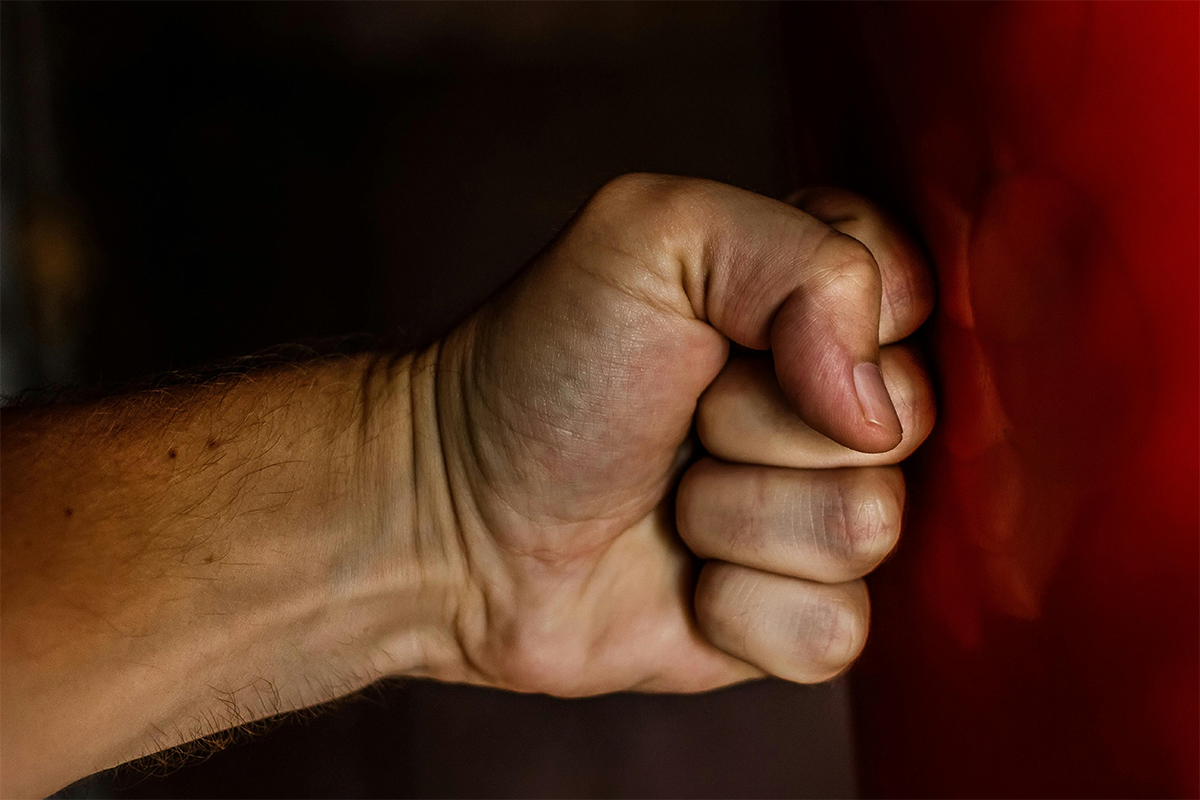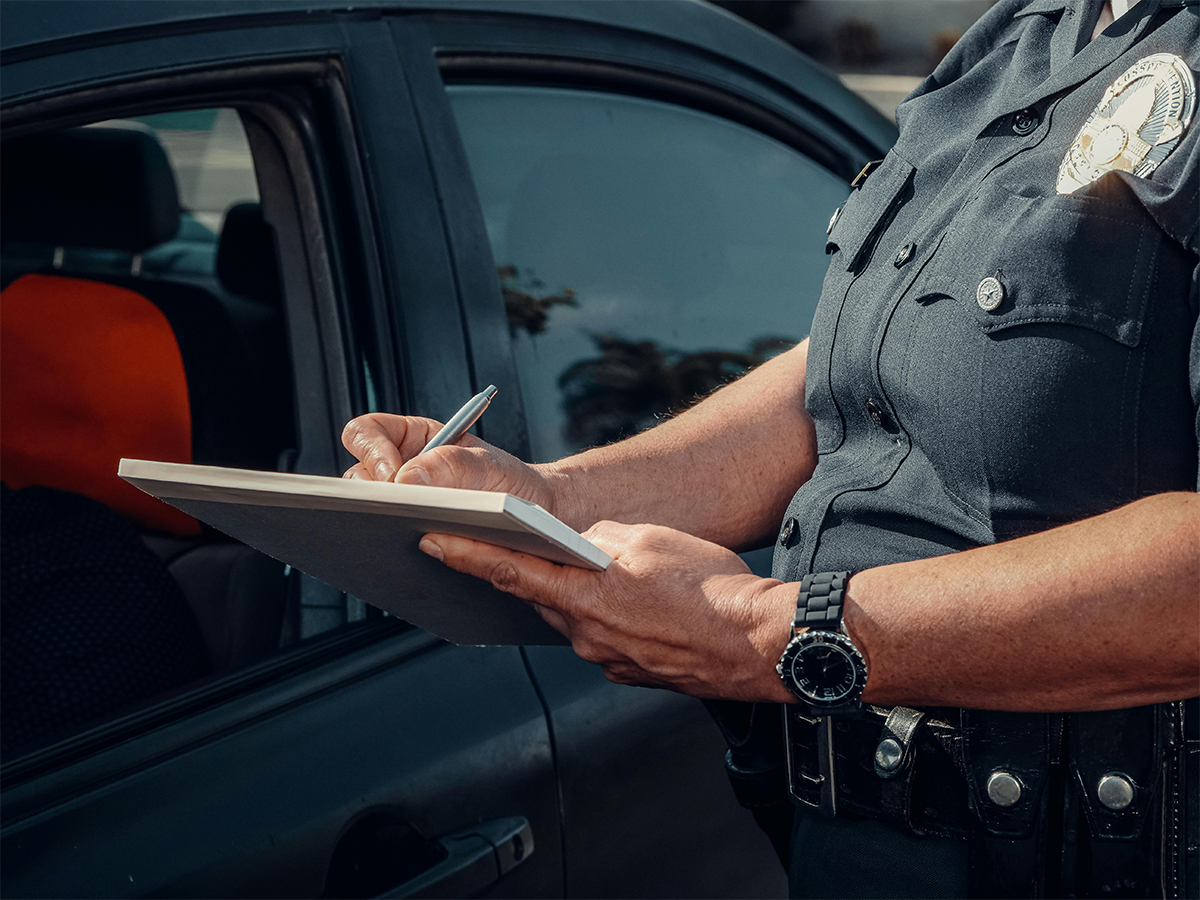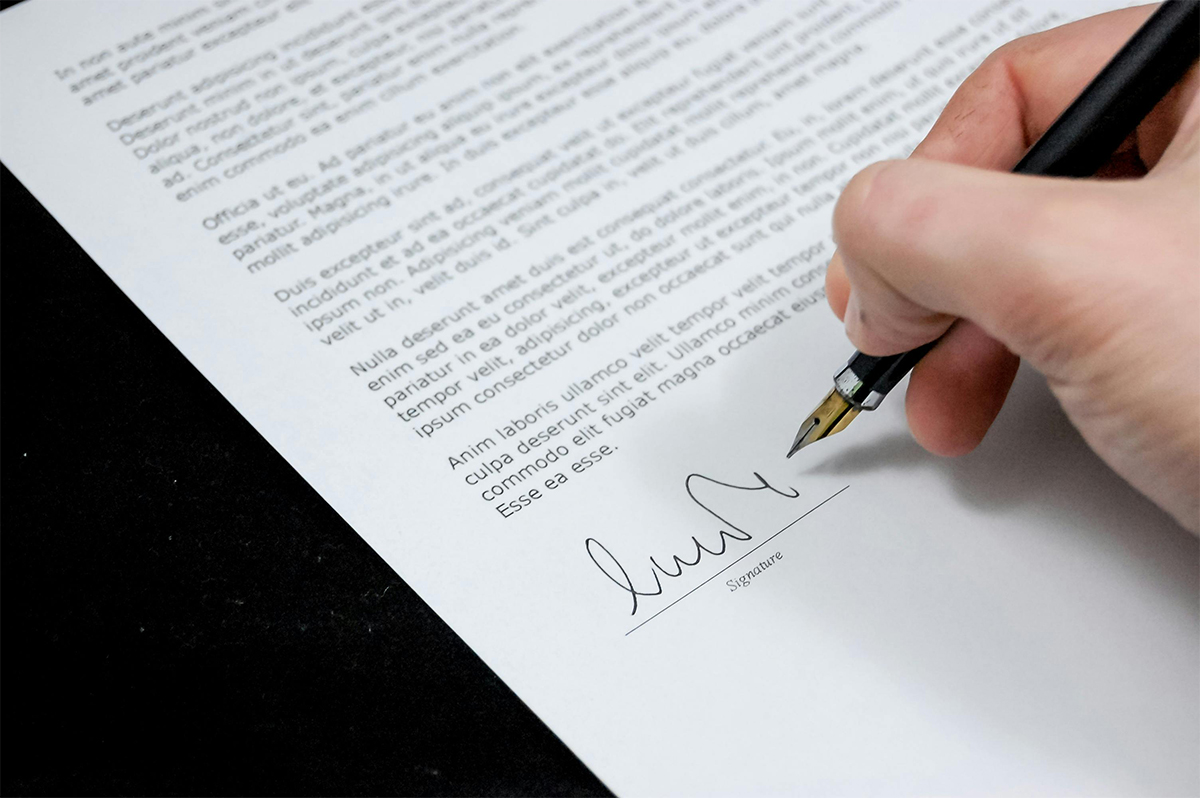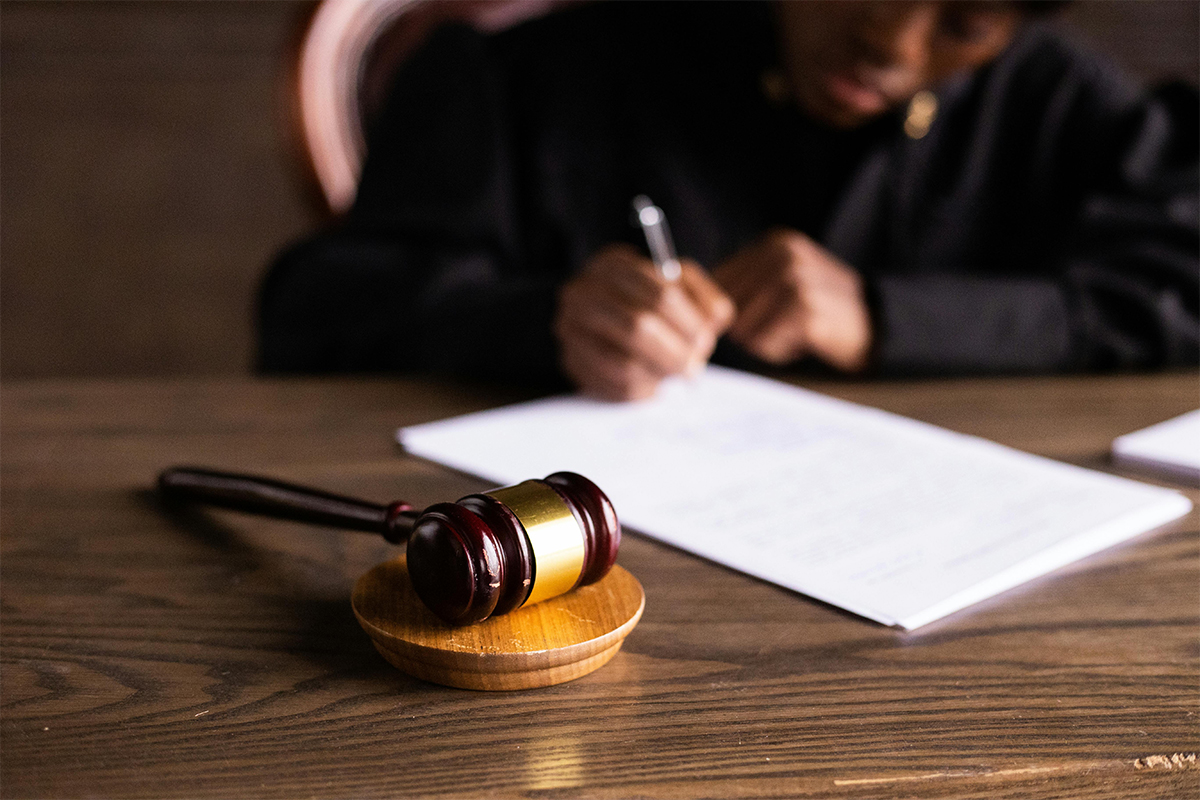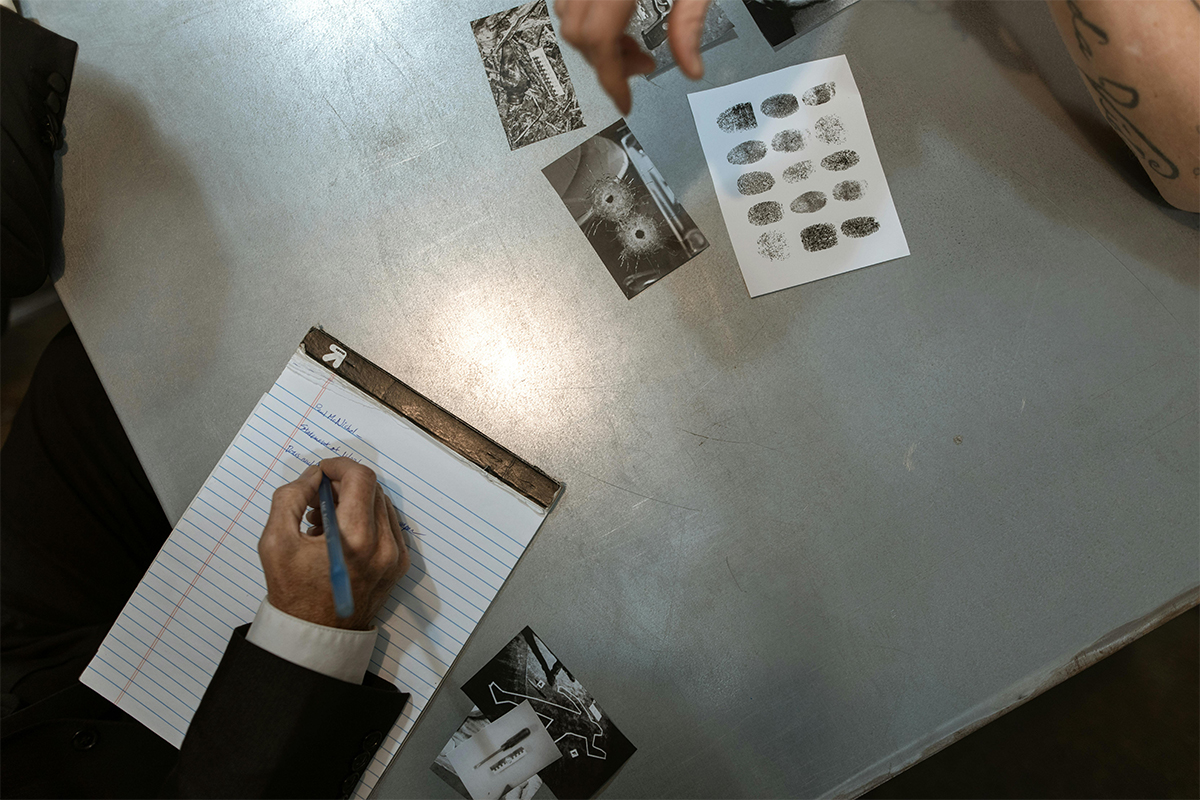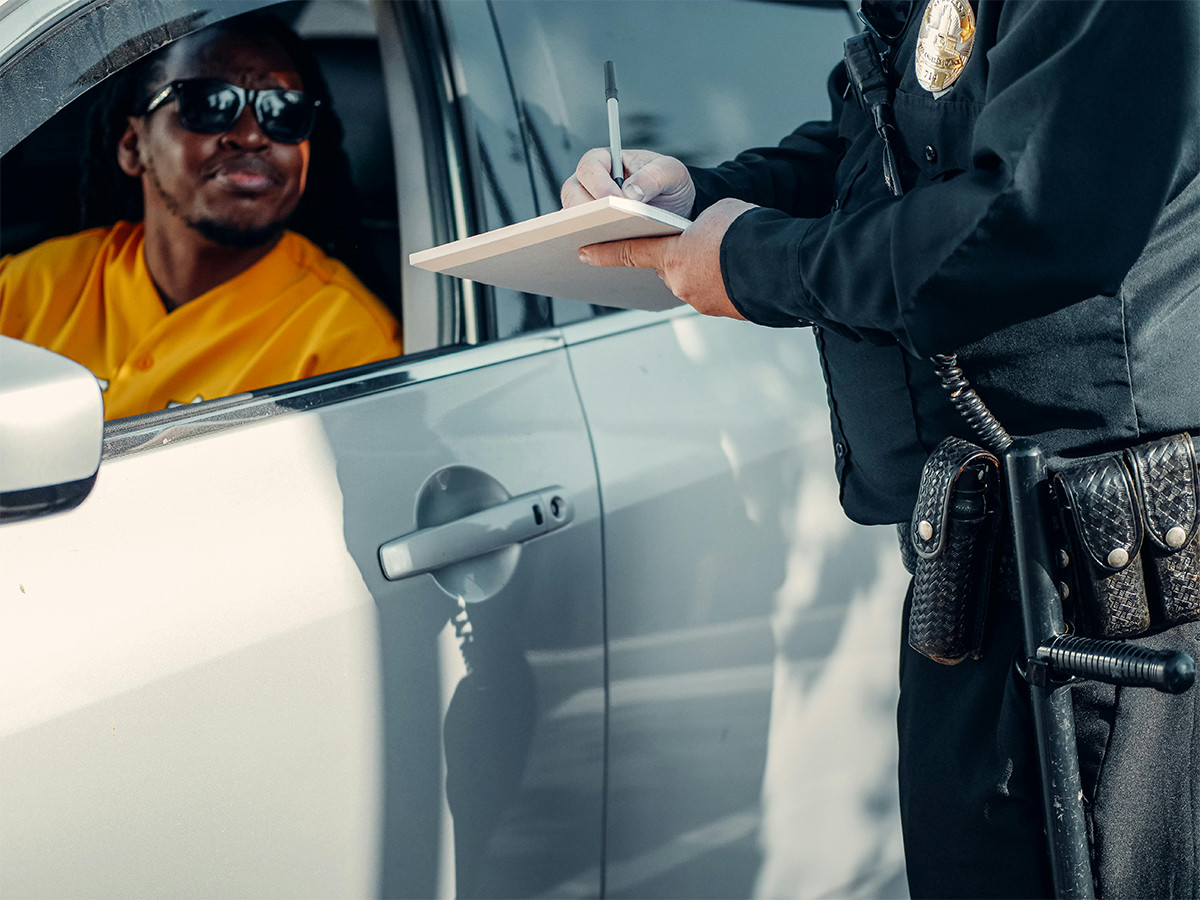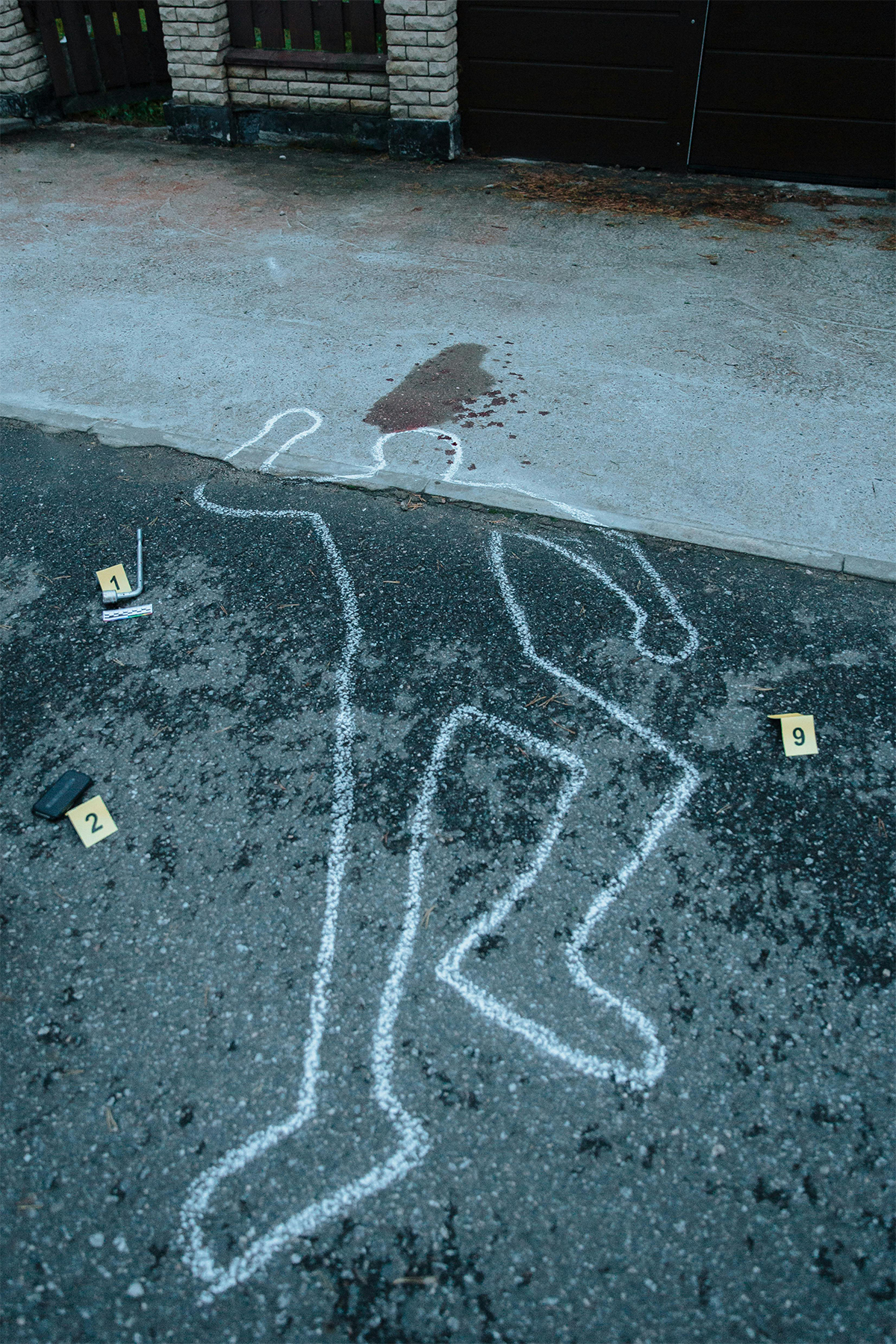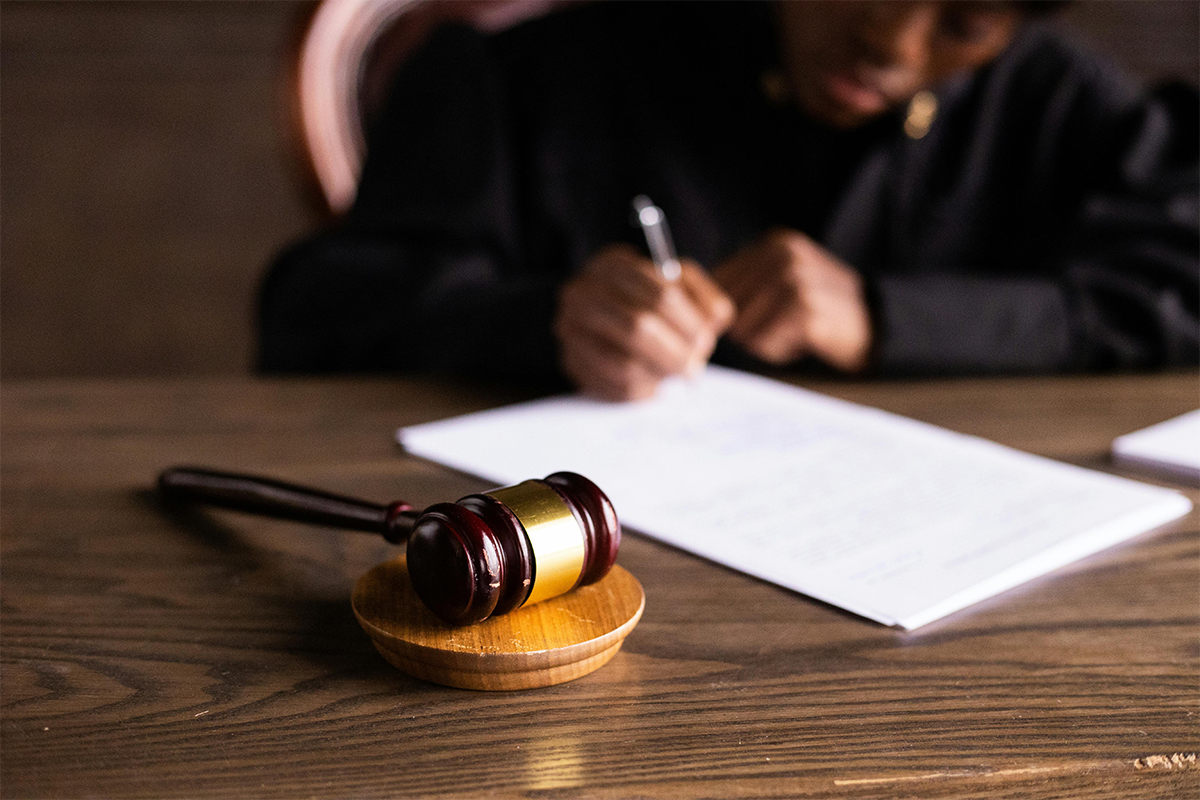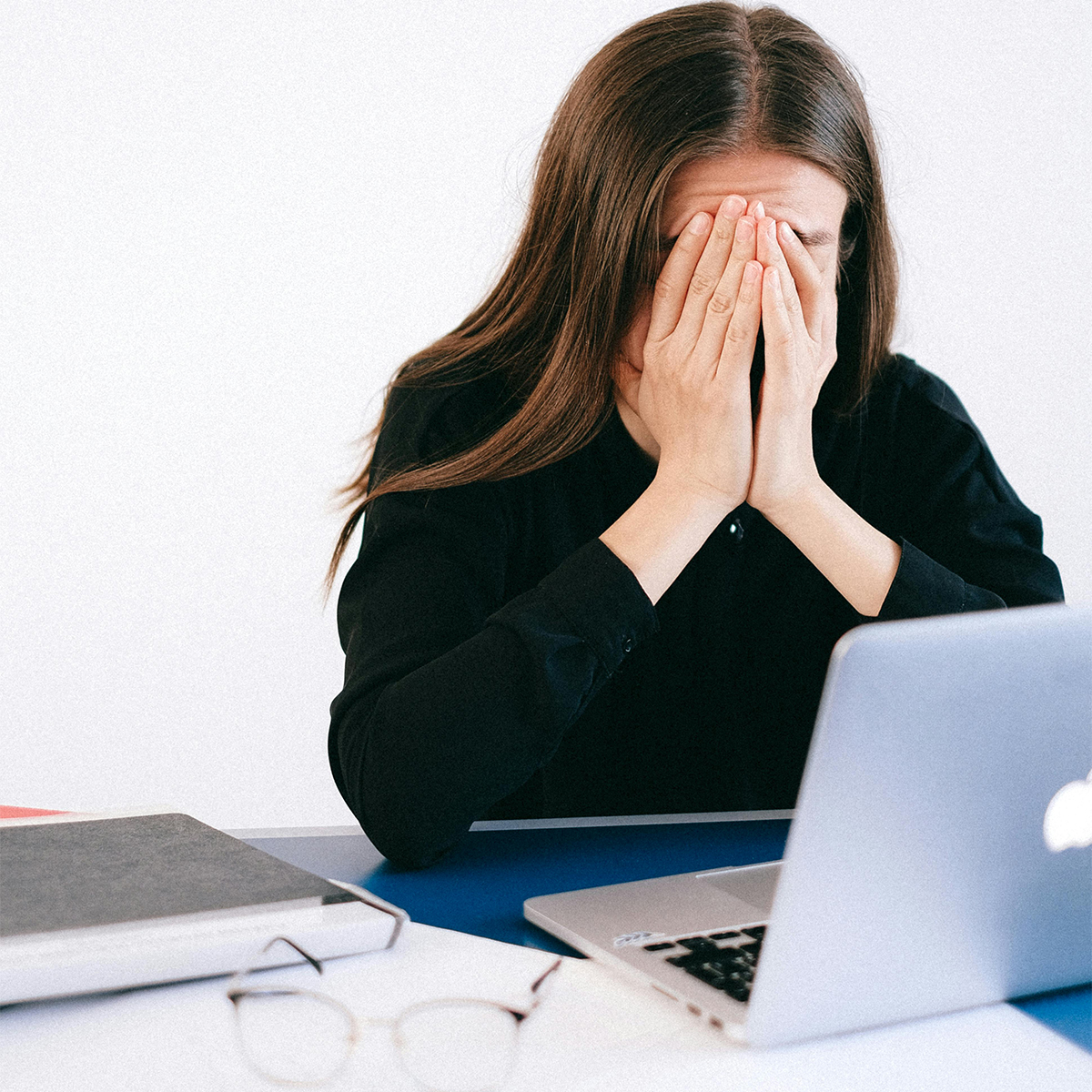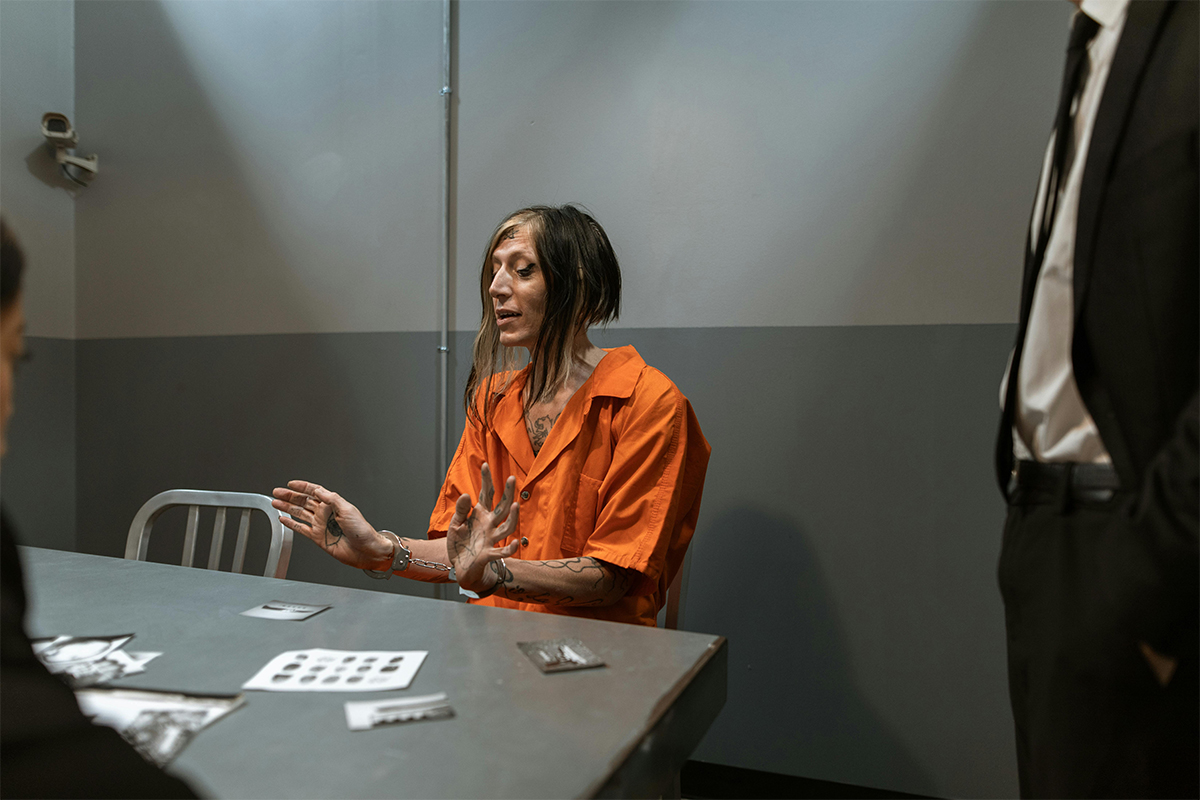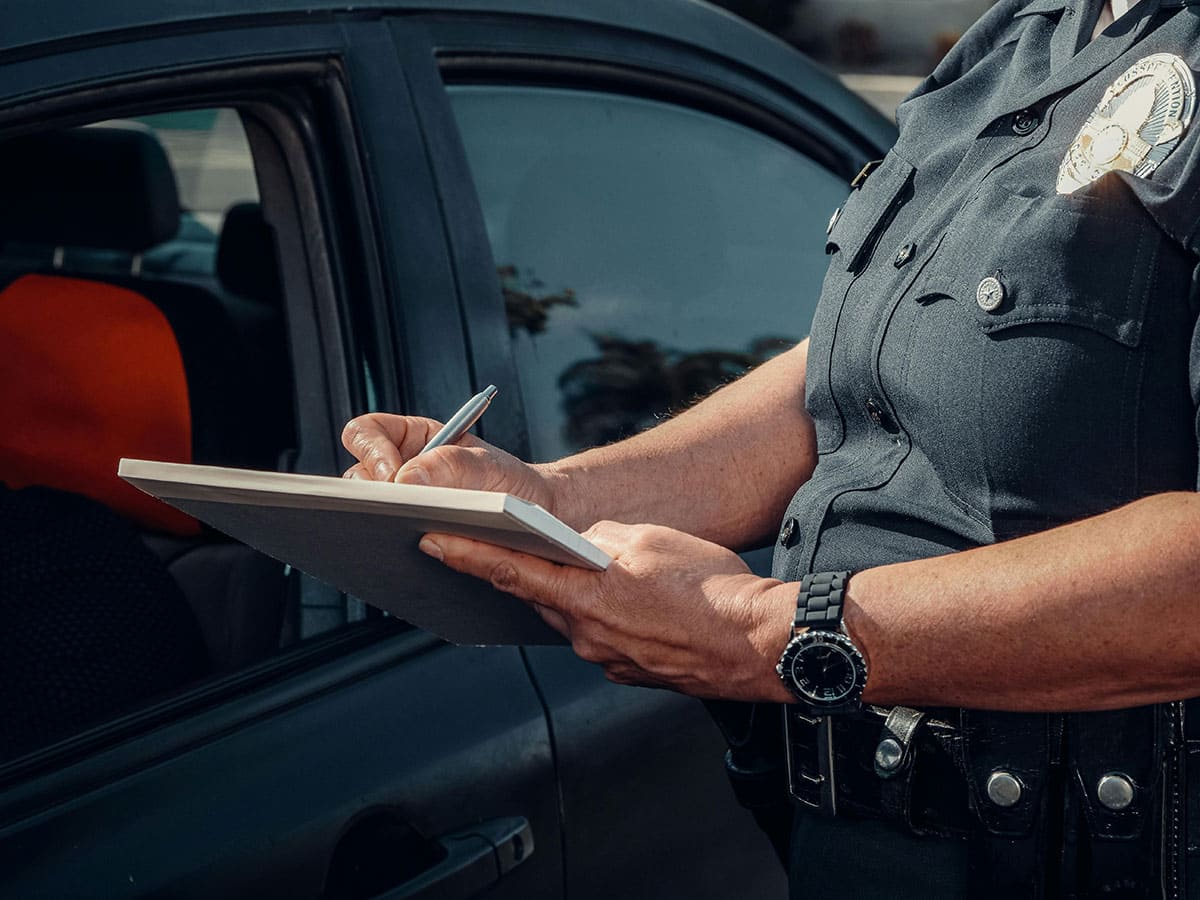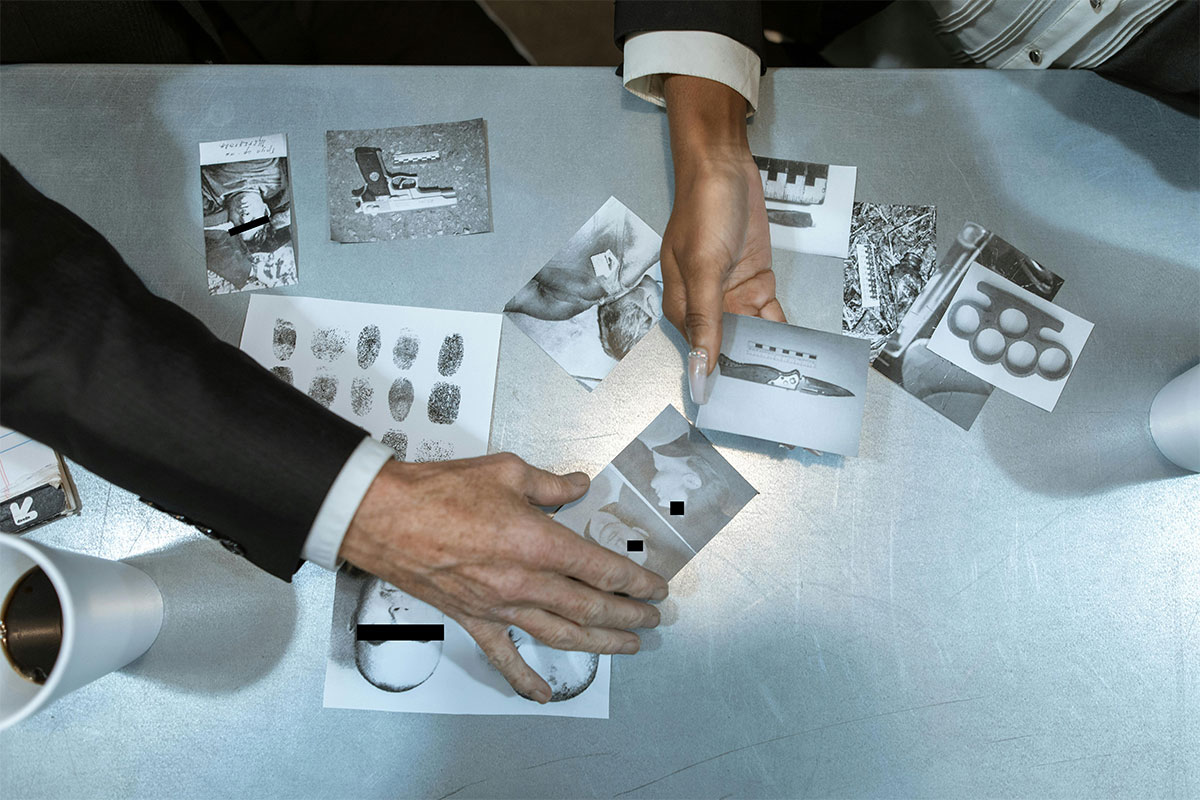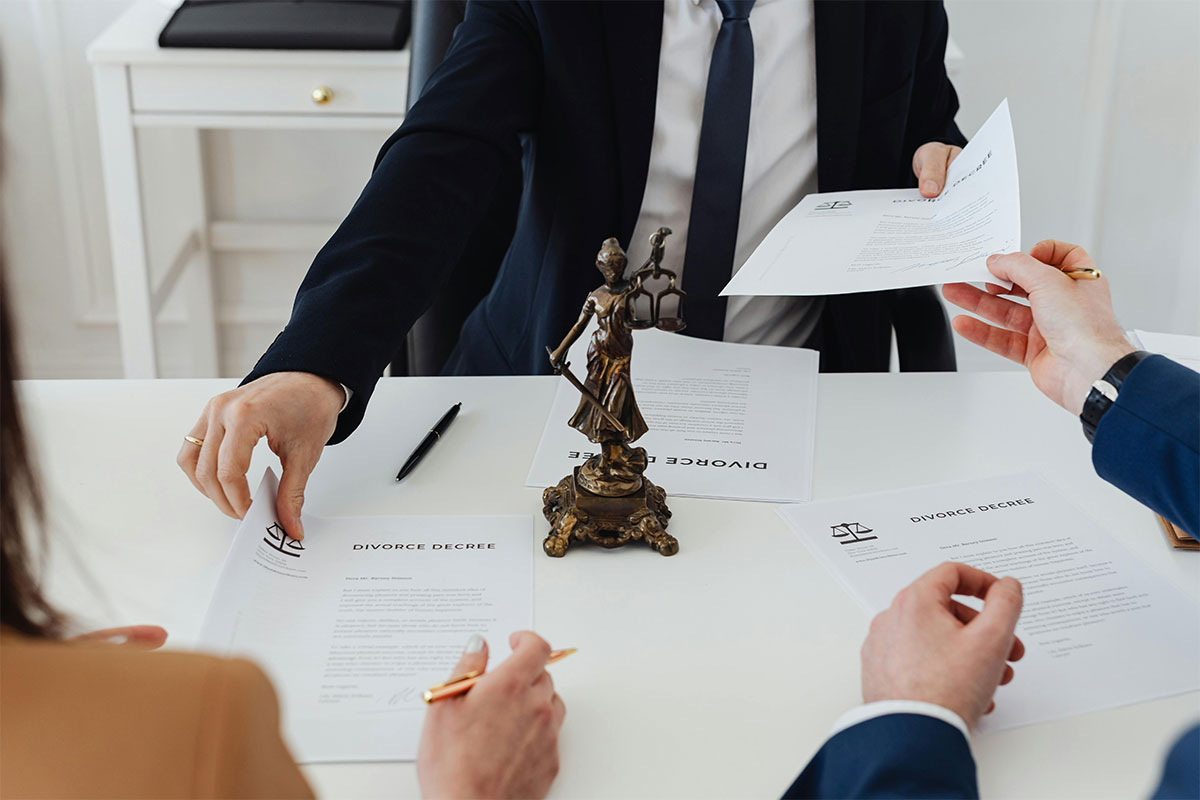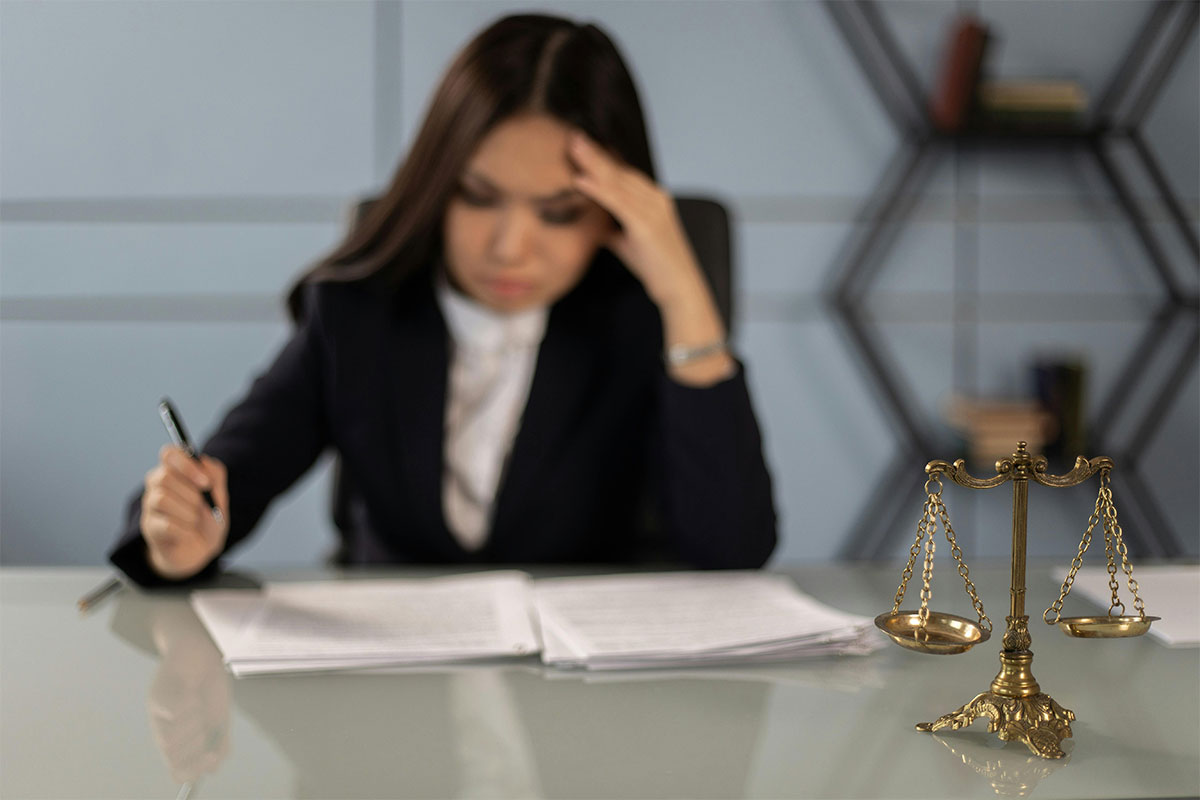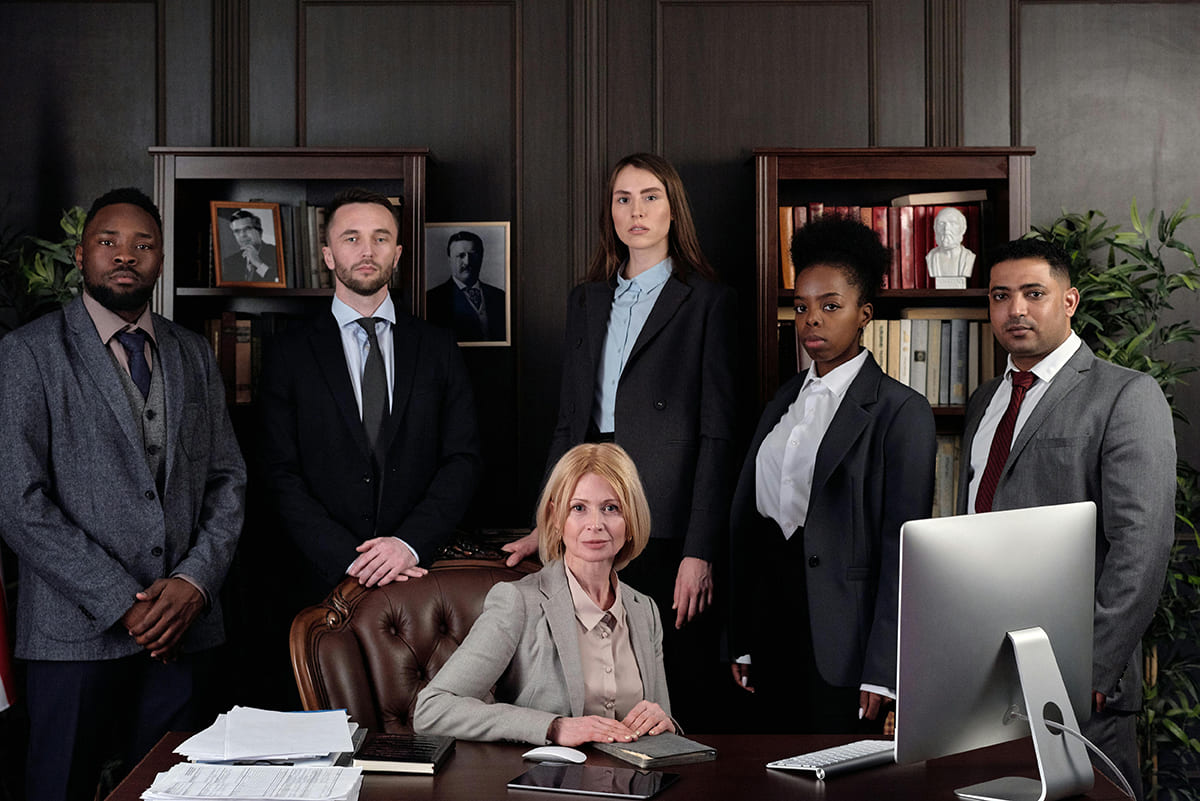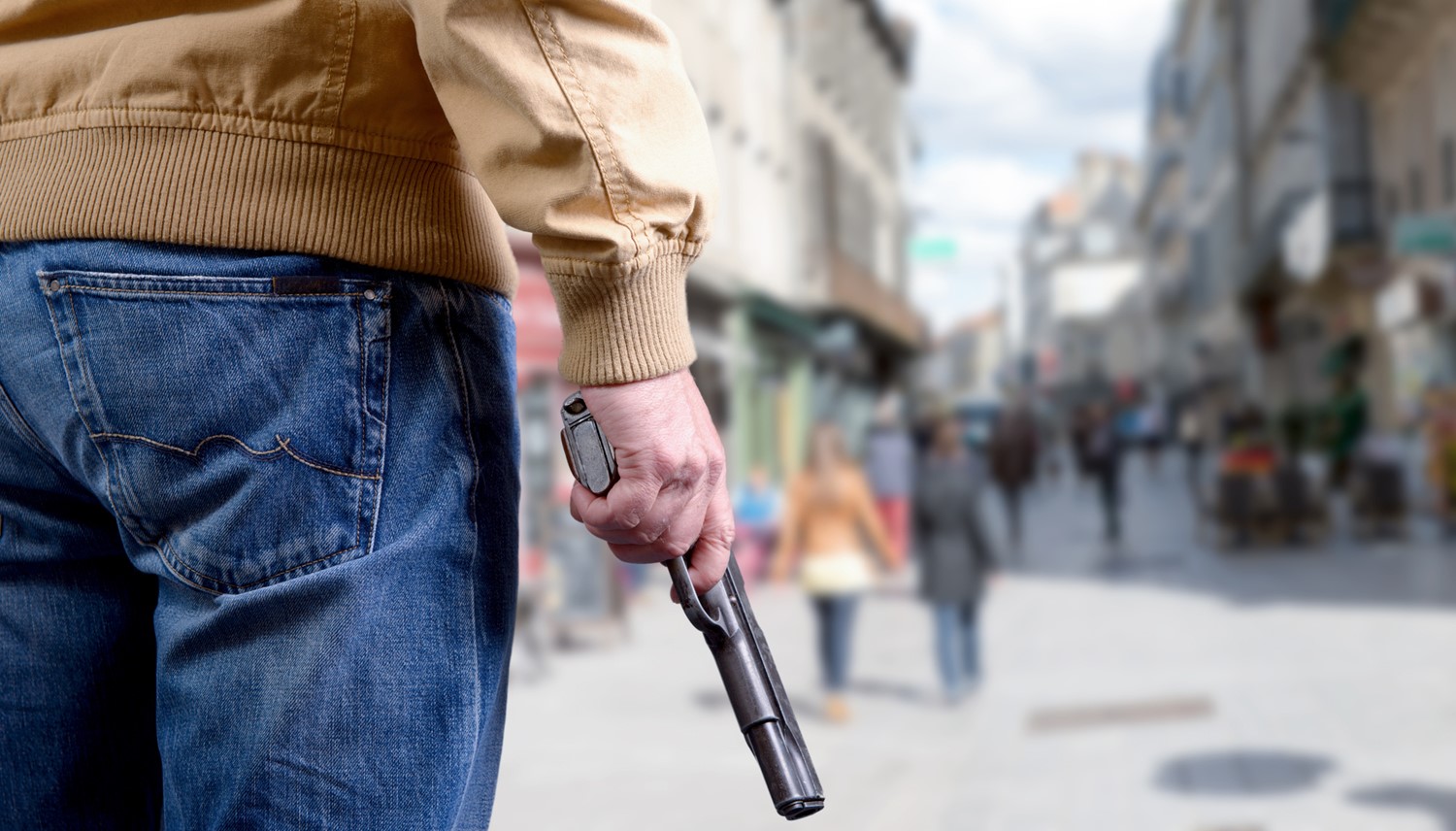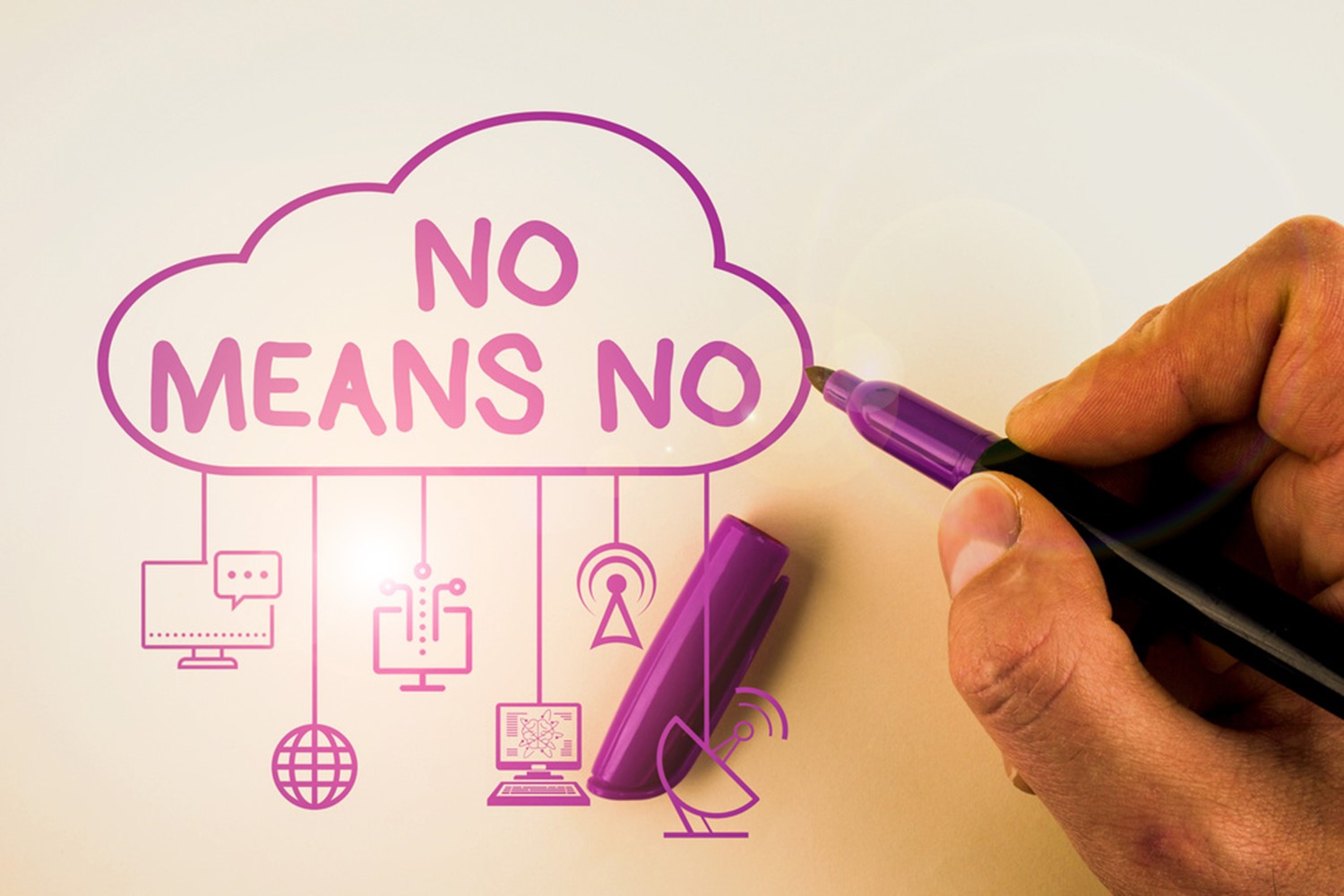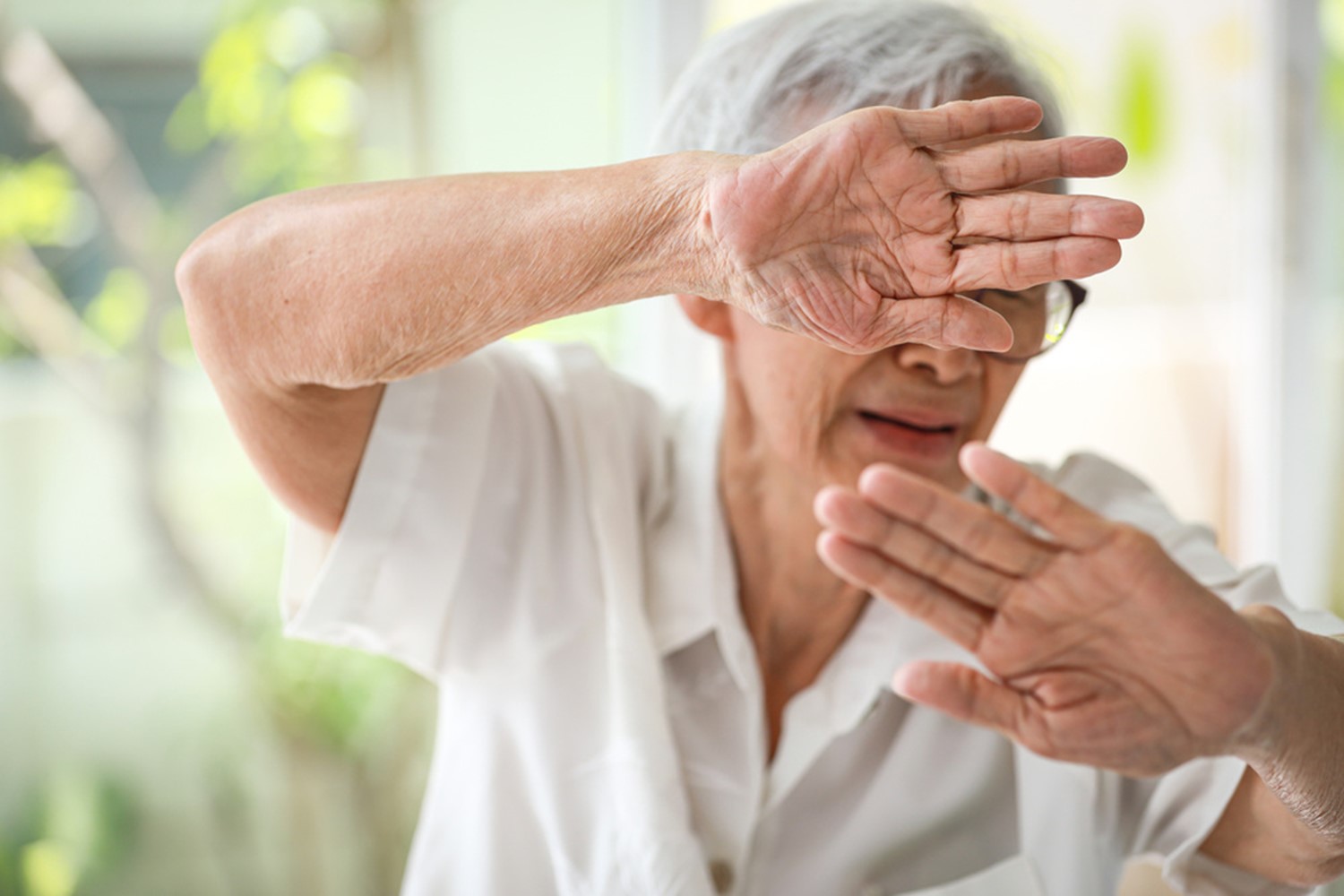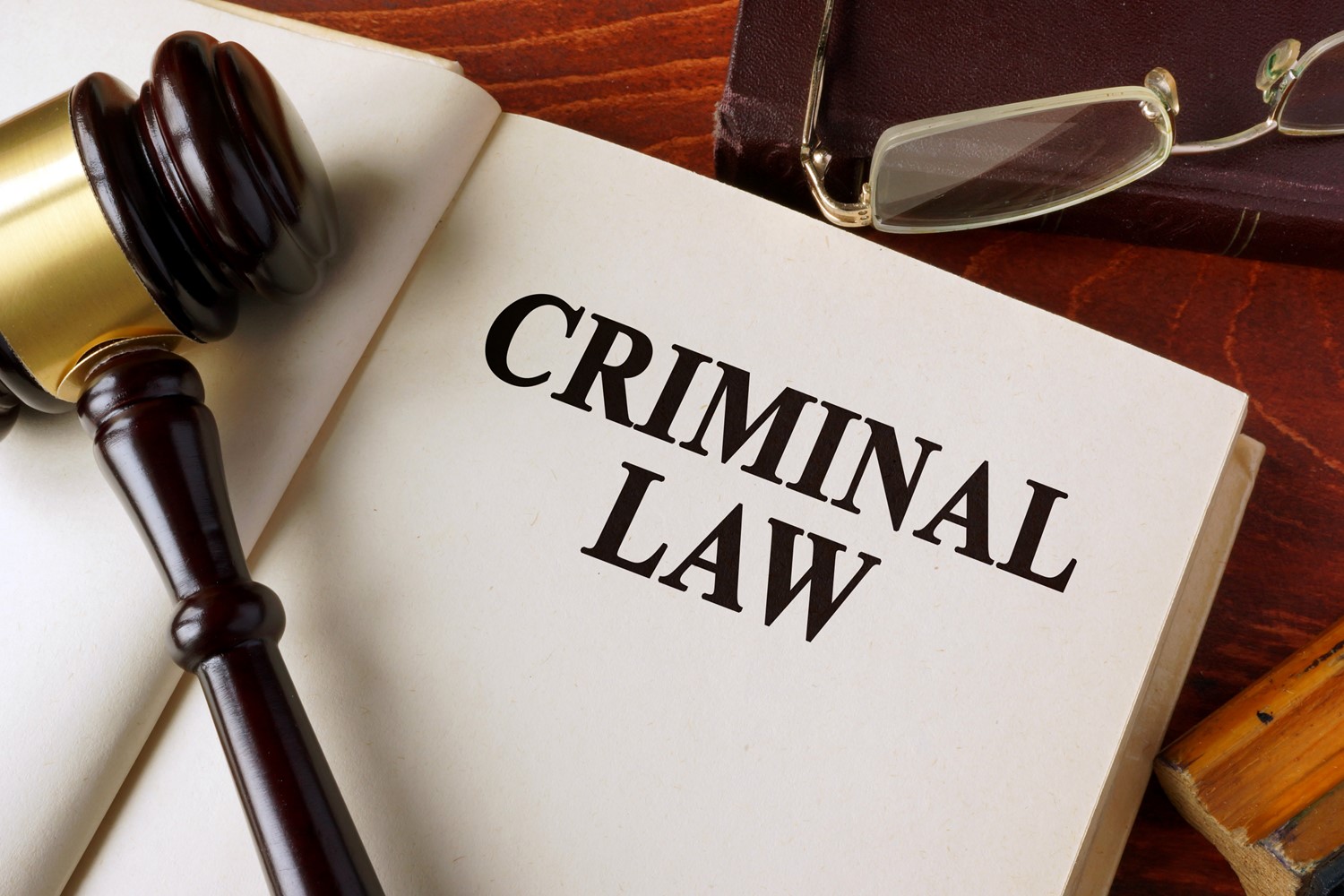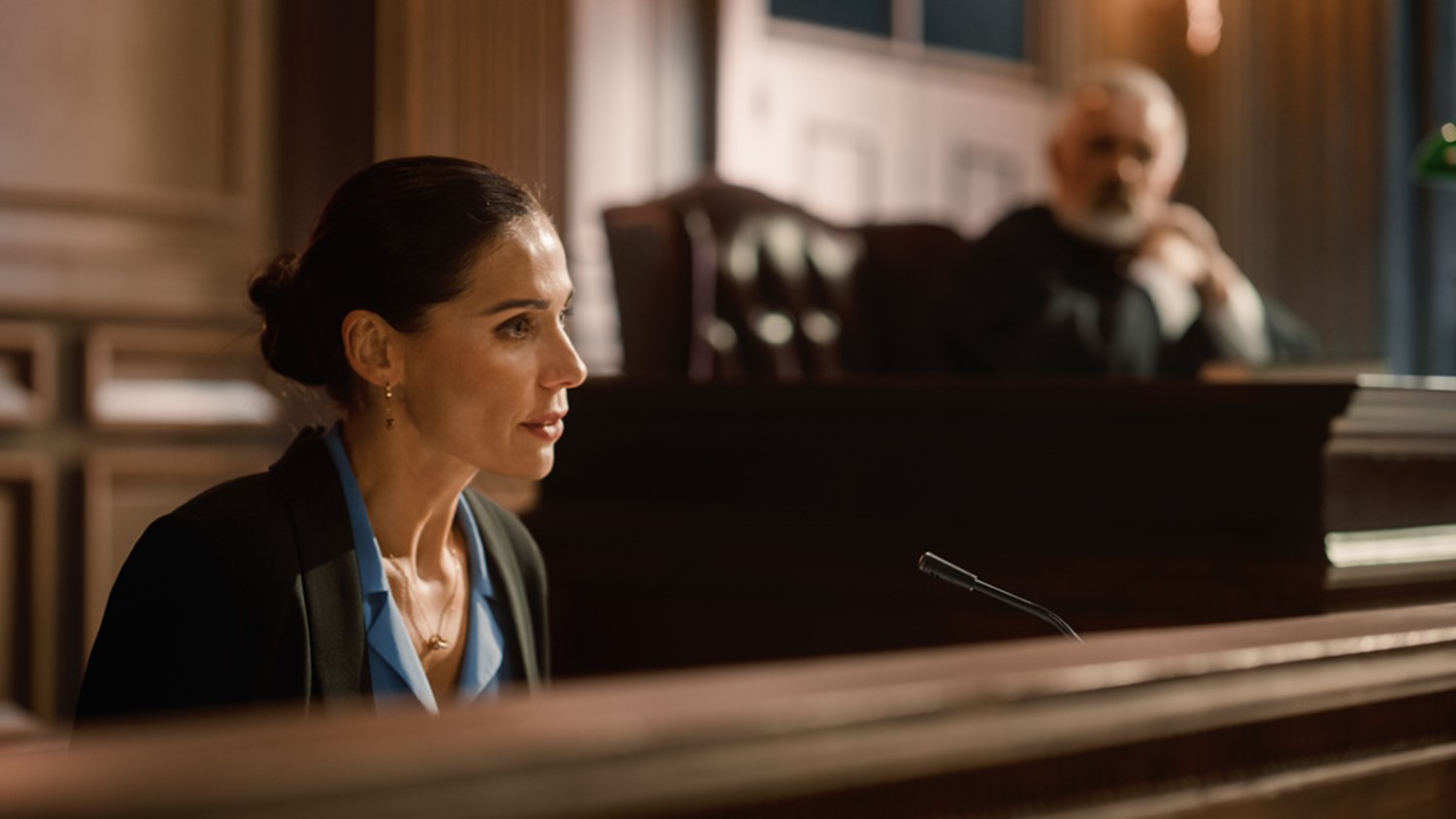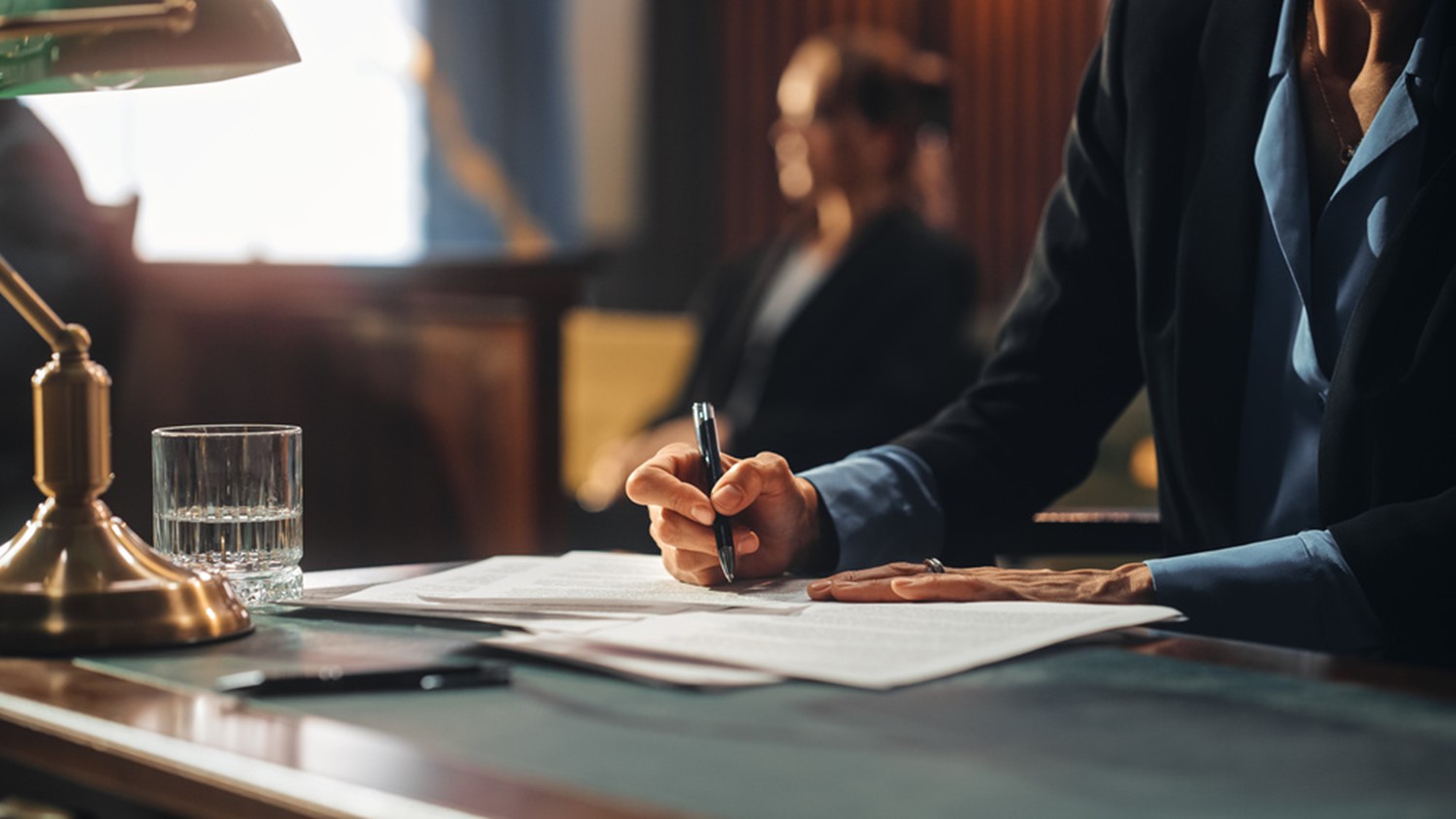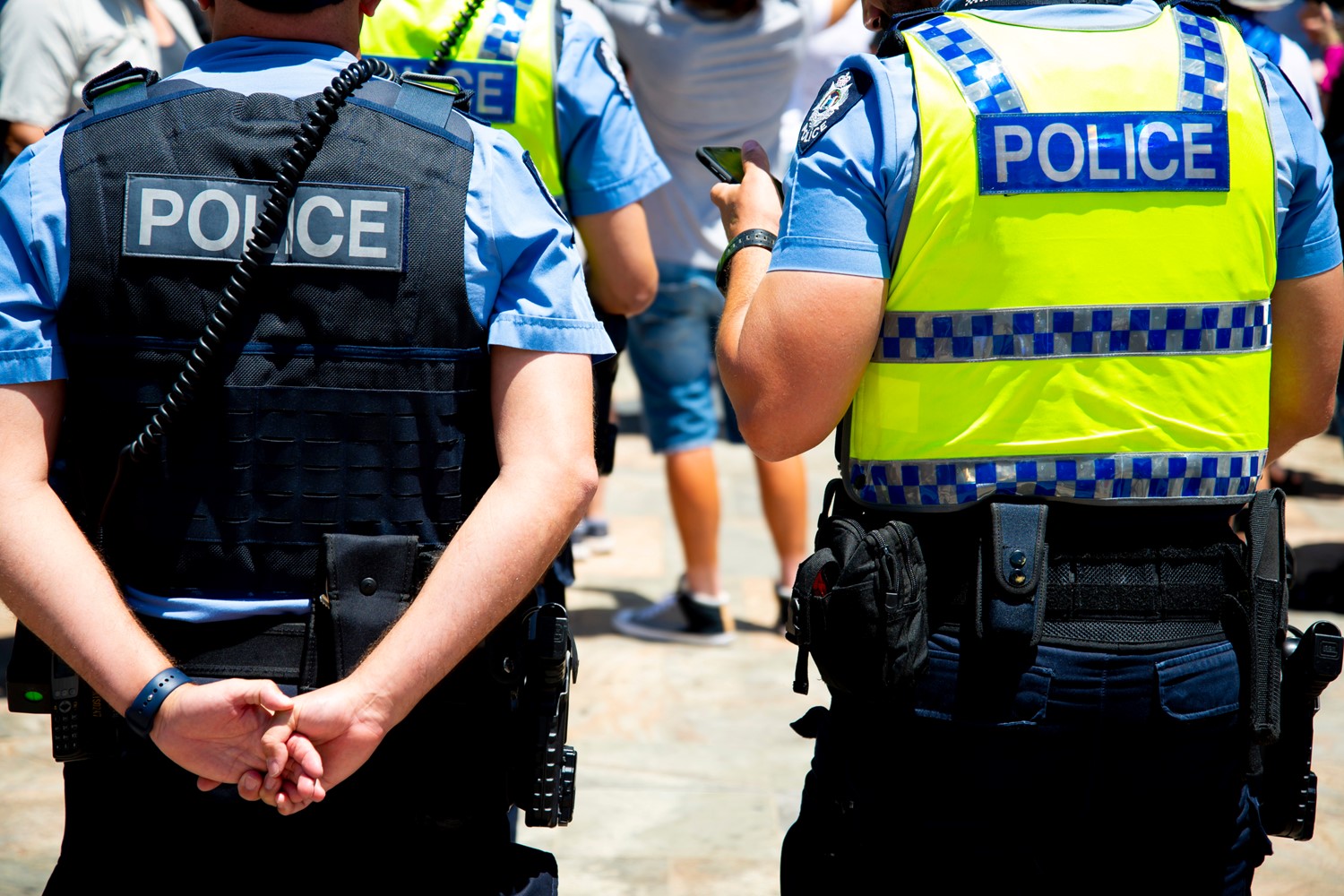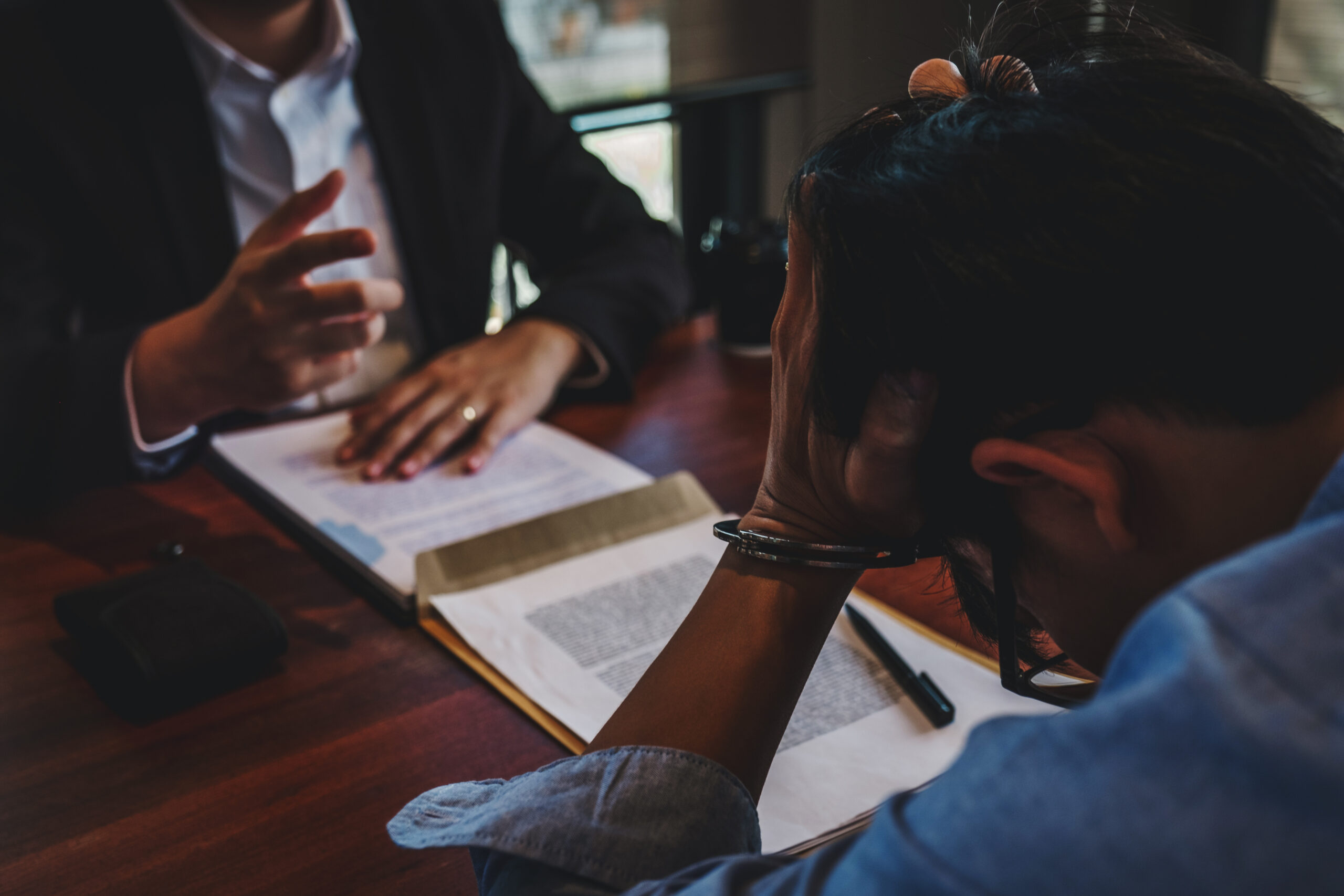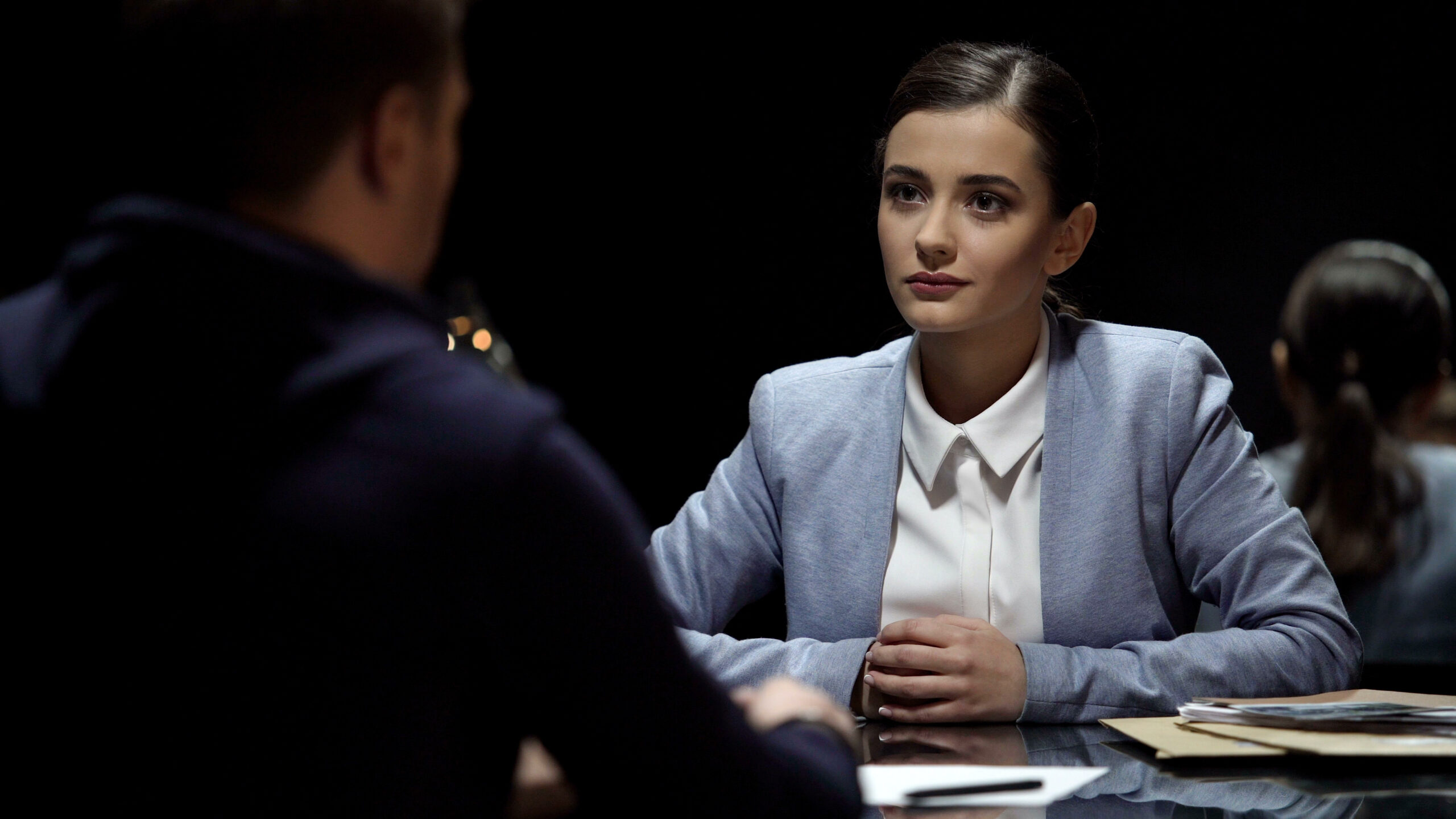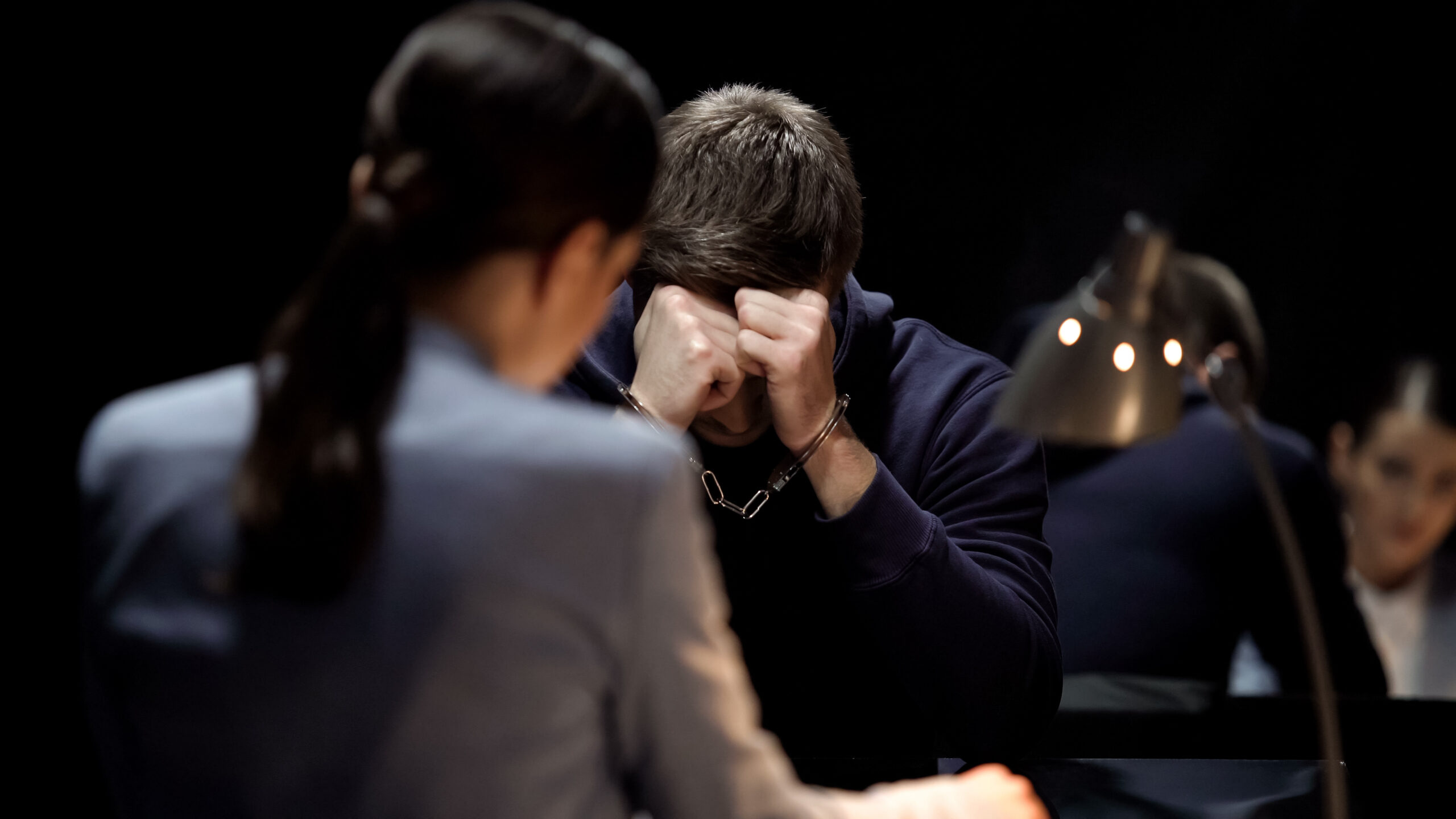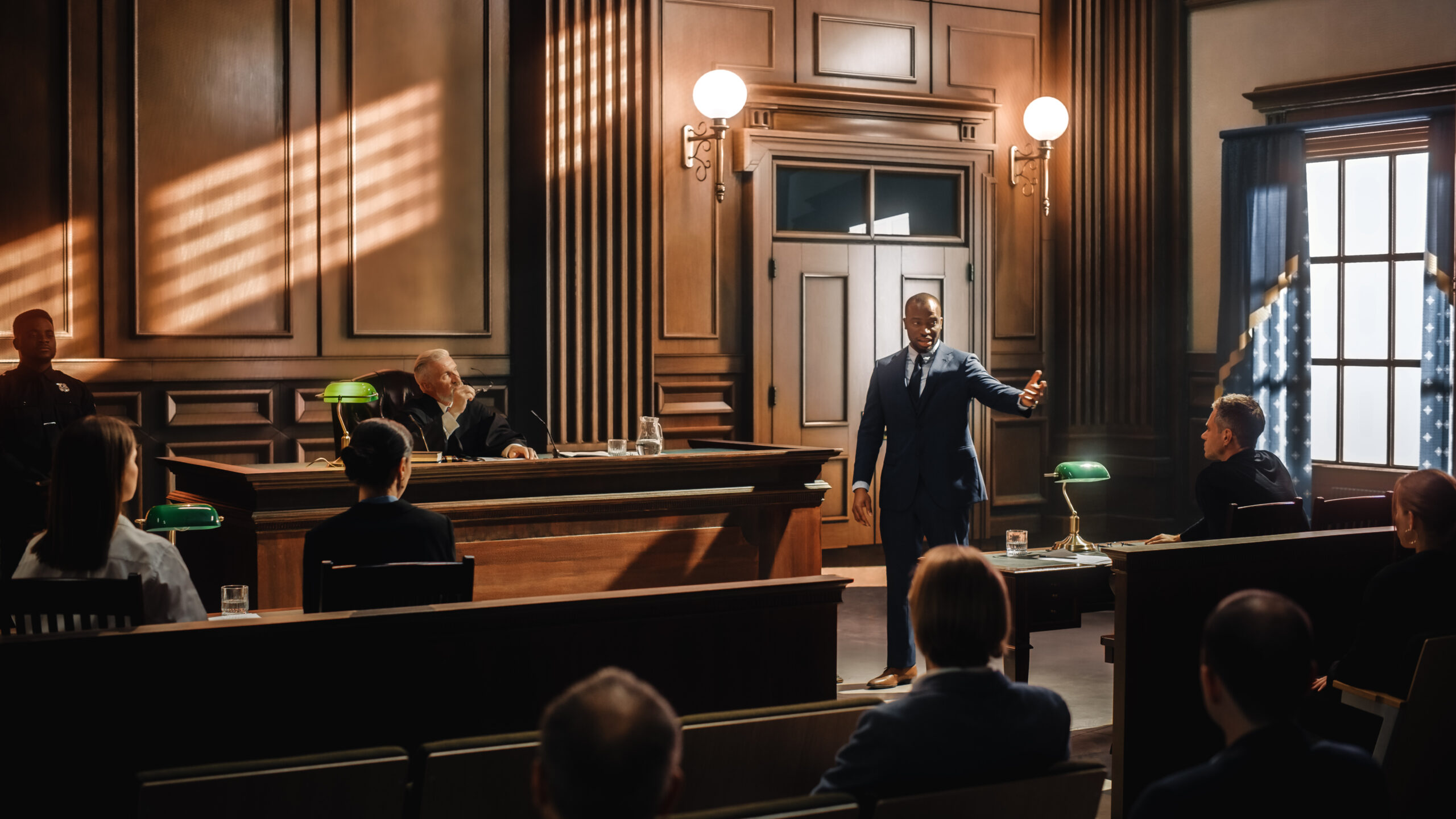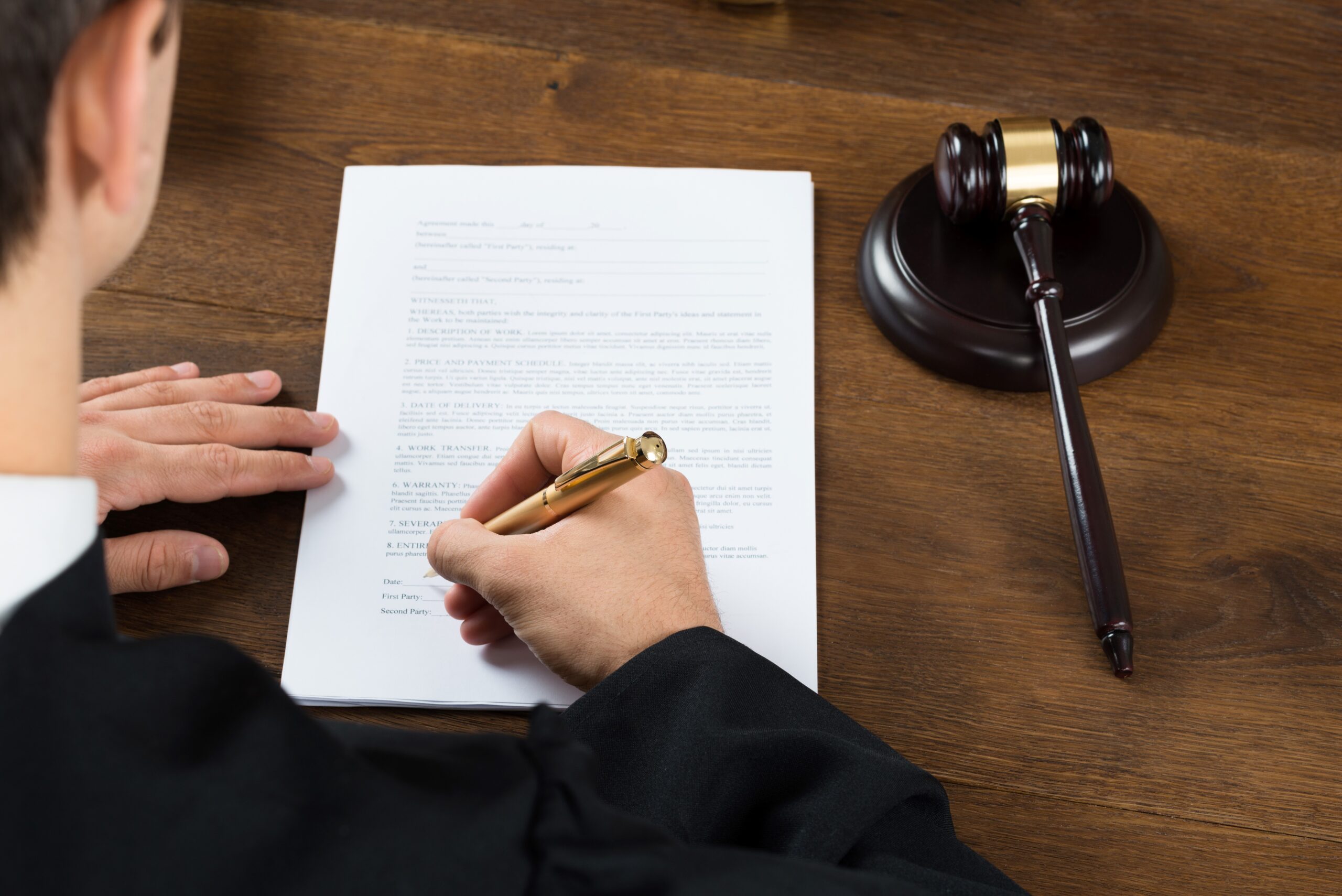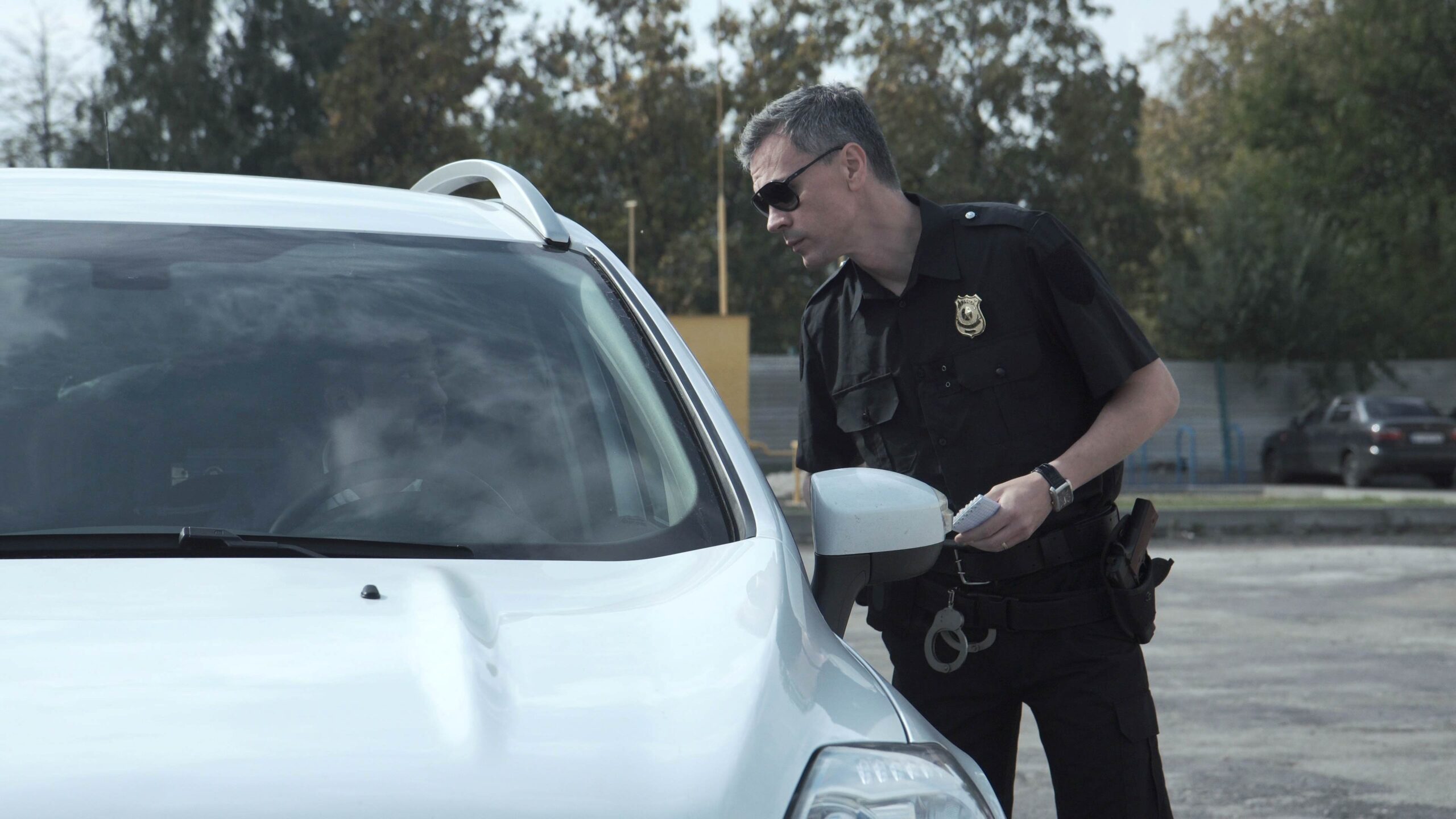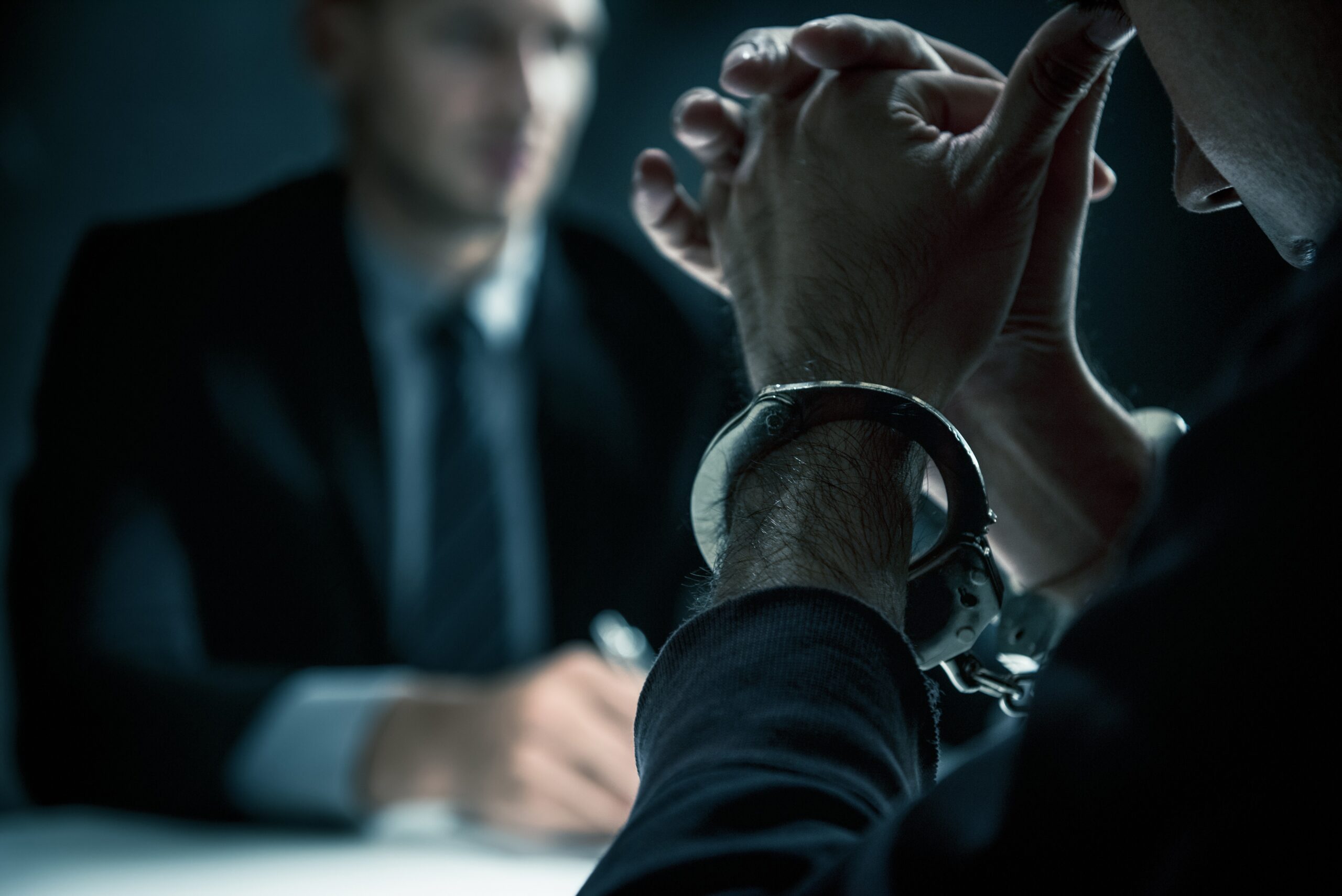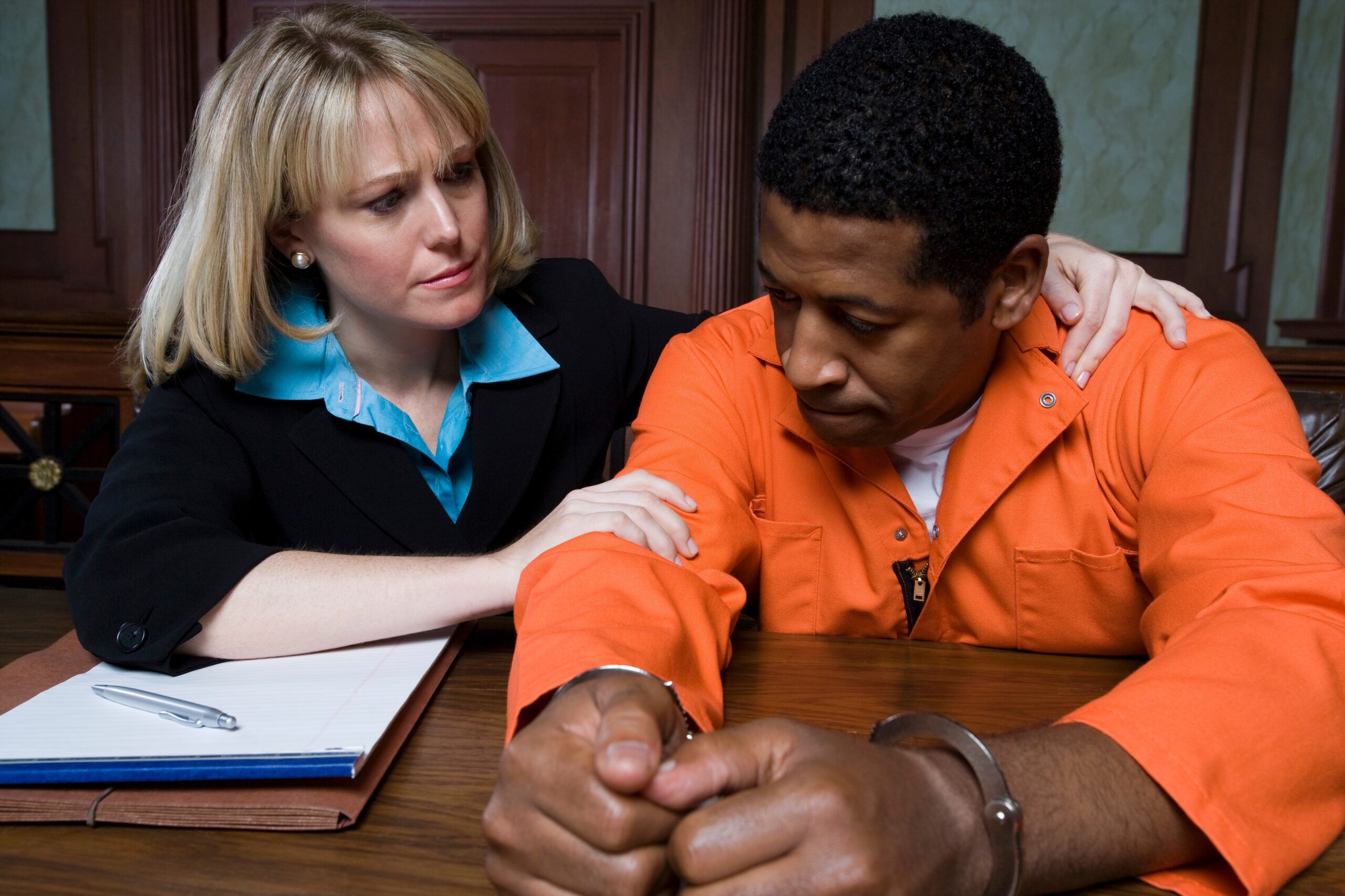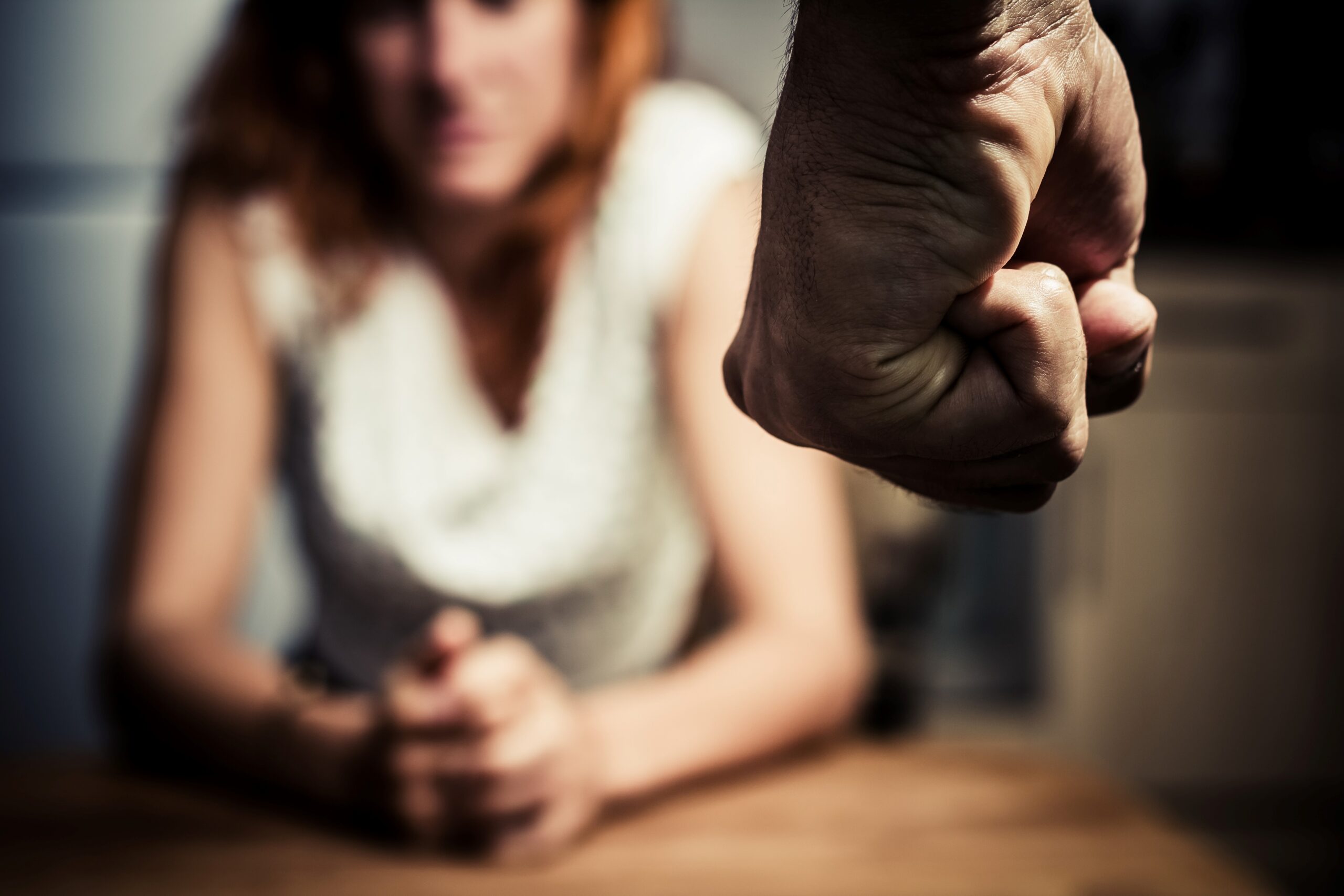Key Takeaways
- A criminal lawyer concentrates on defending individuals accused of criminal offences. The primary goal is to defend clients in court proceedings, ensuring the protection of their rights.
- The role of the defence counsel in criminal trials is to ensure that the client's interests are upheld. This is to provide the client with a fair and just trial by challenging the prosecutor and advocating for the client's rights.
- Having a criminal record in Australia does not undermine your ability or disqualify you from becoming a lawyer. However, certain areas or jurisdictions may not allow you to either obtain the certificate or practice law.
Table of Contents
What Is A Criminal Lawyer
A criminal lawyer concentrates on defending individuals accused of criminal offences. The primary goal is to defend clients in court proceedings, ensuring the protection of their rights. Criminal lawyers work either as public defenders, in private practices, or as in-house counsel for a multinational company.
Criminal lawyers take on cases ranging from traffic offences and minor thefts to serious allegations such as drug trafficking, murder, white-collar crimes, and fraud. Their responsibilities range from:
- Researching the case, collecting evidence, and interviewing witnesses.
- Letting clients know about their legal rights.
- Speaking and negotiating with prosecutors on any plea deals or reduced charges.
- Presenting the defence in court or appealing to any sentences (if needed).
Criminal lawyers focus on cases such as:
- Misdemeanours: Minor theft, disorderly conduct, and traffic violations.
- Felonies: Corporate fraud, drug trafficking, drug possession or cultivation, assault, and burglary.
- Violent crimes: Robbery with intent to harm, manslaughter, and murder.
- White-collar crimes: Corporate fraud, tax evasion, and embezzlement.
Criminal lawyers are different from other lawyers as they are focused on defending individuals accused of criminal acts and criminal matters in court. Other lawyers may focus on cases such as family law, commercial disputes, or civil matters.
Difference Between A Criminal Lawyer And A Civil Lawyer
A criminal lawyer and a civil lawyer differ in their experience, areas of focus, and roles. Criminal lawyers represent clients who are involved in criminal offences. This ranges from crimes such as fraud, theft, murder, or drug-related issues. They focus on defending their clients against these crimes and appealing their cases to the court. They focus on:
- Gathering evidence to challenge the prosecutor.
- Negotiate with the prosecutor on a plea bargain.
- Prepare the client for the trial, examine witnesses, and argue the case.
- Appeal sentences on behalf of the client.
Their primary goal is to safeguard their clients’ rights, treat them fairly, and work to achieve the best possible result in the court case.
Civil lawyers represent cases that involve breach of contract, torts, and property disputes. They focus mainly on civil law cases, which include arbitration, litigation, and mediation areas such as family, property, employment, and commercial law. They handle cases by:
- Gathering evidence to support clients’ claims.
- Negotiating on avenues to settle disputes.
- Researching for the trial, presenting evidence and witnesses and arguing on the matter at hand.
- Defend against injunctions or other matters.
The main aim of a civil lawyer is to resolve disputes, protect rights and interests, and achieve fair compensation.
Looking for someone to represent you? We are here to help!
If you are having issues finding the right legal team, look no further! Our team has the best criminal lawyers who are skilled in protecting your best interests.
Contact us now!
Responsibilities And Duties Of A Criminal Lawyer
The responsibilities and duties of a criminal lawyer are:
- Meeting the client to discuss case matters and hearing their version of the event.
- Preparing evidence, speaking to witnesses and experts, and coming up with an appropriate strategy.
- Presenting evidence and argument, negotiating with prosecutors, and getting witnesses to support the client.
- Communicating effectively with stakeholders, clients, and witnesses. Ensuring all necessary documents are prepared and handed over to the court.
Criminals adhere to ethics and responsibilities while defending their clients, such as:
- Establish trust between the client and the lawyer by being honest and transparent in all correspondence.
- They have to remember their duty to the court and should conduct themselves with integrity while representing their client.
- While adhering to the court’s ethical standards, they must also uphold the interests of their clients. This would involve advocating for and protecting the client’s rights.

What Is The Role Of Defence Counsel In Criminal Trials?
The role of the defence counsel in criminal trials is to ensure that the client’s interests are upheld. This is to provide the client with a fair and just trial by challenging the prosecutor and advocating for the client’s rights.
Before going to trial, the defence will develop a few strategies, such as:
- Focusing on the weaknesses and strengths of the prosecution’s case.
- The version from the accuser regarding the crime or event.
- Witnesses statement.
- Proceedings of the case and laws to substantiate the evidence.
The defence counsel then cross-examines the witnesses to:
- Challenge their credibility.
- Show the inconsistencies in their statement.
- Portray evidence that would weaken the prosecutor’s case.
- Bring in their own key witness to provide other evidence to challenge the prosecution’s story.
The defence counsel will then present arguments to:
- Question the evidence provided by the prosecution and object to their case.
- Demonstrate that the prosecution’s position lacks solid evidence.
- Request for an acquittal or reduced sentencing. You could also find out what happens during criminal law sentencing.
If you want to overturn your conviction, then look no further. Criminal Law Group has a track record of defending all types of criminal matters. They are dedicated to providing excellent representation to fight for the client’s rights. You could also learn how to prepare for consultation at a criminal law firm.
What Are The Legal Obligations Of A Criminal Justice Attorney
The legal obligation of a criminal justice lawyer is to ensure that the highest standard of ethical conduct is kept. They are obligated to:
- Keeping confidentiality when representing their client.
- Perform competent work and make sure that the legal practitioners meet the minimum requirement in their representation.
- Ensure that clients are kept informed at all times or if any developments were to arise.
- Keep up with ethics and integrity and at the same time, ensure that the client is defended in the best possible manner.
- Remember their obligation to the court, which is above everything else, including their client’s instructions.
- Ensure that forensic judgement is adhered to and there is no evidence breach.
We love keeping our clients happy.
We provide practical, relevant, and easy-to-understand legal guidance.
Want to know more?
How Criminal Lawyers Protect Clients’ Rights
Criminal lawyers have to adhere to the standards set, thus ensuring that the constitutional rights of their clients are safeguarded. This includes:
- Informing the client of their rights and allowing them to know about the obligations that are required throughout the trial.
- Presenting evidence that undermines the prosecutor’s case.
- Appealing to any decisions made that were against the client’s rights. This would provide an allowance for the case to be overturned.
- Look at the legality of the documents and searchers, thus allowing grounds to contest against any evidence that has been obtained illegally. These violations would involve:
- Unwarranted searches that lack any form of probable cause.
- Seizure without a warrant or anything that is against the requirements.
- Coercive confessions.
How Do Criminal Lawyers Handle Plea Negotiations And Appeals?
Criminal lawyers are important when it comes to securing a plea bargain or getting the best possible outcome for their clients. Thus, criminal lawyers handle plea negotiations and apples by:
- Negotiating with the prosecutor to drop the charges. You could also learn 4 reasons to hire criminal defence lawyers even if guilty. This would entail either pleading guilty with a lesser charge or sentencing. At times, this would also include withdrawing certain charges that were in place.
When negotiating plea deals, defence lawyers would also:
- Identify the prosecutor’s strength in the case.
- The client’s criminal history and track record.
- The sentencing duration.
- The nature of the offence.
A plea deal will benefit the defence lawyer and prosecutor and aid with:
- Saving time and cost for the justice system.
- Removing any unwanted stress tied to the case.
- Allowing witness and victim to have a quick resolution.
A defence lawyer may file for an appeal if they believe that there were issues during the trial or if the sentencing was harsh. Thus, the role of a defence lawyer would include:
- Looking at the transcript and seeking out any evidence for a mistrial, which includes error on the jury’s end, any form of witness misconduct, and improper defence representation.
- Negotiating a proper settlement, such as withdrawing the appeal or reducing the sentencing.
How Does A Criminal Lawyer Help With An Appeal Process?
A criminal lawyer may play an important role in guiding their client throughout the appeal process. This provides the client with the right to challenge the ruling of the court either in both verdict or sentencing. However, the process is different between states and territories, but it is easily navigated by a criminal lawyer. It is important to know what does a criminal defence counsel do.
The services provided by the criminal lawyer are:
- Review the case and discuss the grounds for appeal.
- Draft up a Notice of Appeal stating the errors and issues that have taken place during the initial trial. This is then submitted to the relevant court.
- Evidence is then collected along with transcripts to support the appeal.
- The criminal lawyer then analyses the strength of the appeal and informs if any issues may arise.
- The argument is then presented in court and prosecutions are addressed. An agreement may be reached through appeals or any form of settlement.
Not sure about your legal rights? Speak to us to find out more.
We understand that facing criminal charges can be overwhelming. Schedule a free consultation to discuss your case and get expert legal guidance.
Book a free consultation!
How Do You Become A Criminal Lawyer
For those interested in becoming a criminal lawyer, you will need to ensure the following academic and professional steps. Let us look at some guidelines:
- You will need to complete a Bachelor of Laws (LLB) or a Juris Doctor program. This programme must be completed from an Australian institution and typically takes 4–5 years to complete.
- Get practical legal training (PLT) after completing your degree so that you can attain the right skills and knowledge from a senior lawyer.
- Apply to any state or territory once you have obtained your law degree and PLT. Once approved, you will be able to practice as a lawyer.
- To practice criminal law, you will need to obtain additional skills and attend
Can You Be A Criminal Lawyer With A Criminal Record In Australia?
Having a criminal record in Australia does not undermine your ability or disqualify you from becoming a lawyer. However, certain areas or jurisdictions may not allow you to either obtain the certificate or practice law.
The implication of having a criminal record is that:
- The individual will need to disclose any convictions in Australia or outside the country to practice law.
- A criminal record may affect the individual’s ability to obtain a certificate, which is needed to practice law in Australia.
- A criminal record may prohibit a person from working with children or those who are in the vulnerable sector.
- The Australian Bar Association may exclude those who have criminal records as part of their membership.
What Skills Do You Need To Be A Criminal Lawyer
To become a criminal lawyer, you will need to have a mix of academic, practical, and personal qualities. Let’s take a closer look at some essential skills:
- Ability to analyse and solve problems.
- Understand the Australian legal system, such as laws and regulations that govern criminal charges, trials, and sentencing.
- Able to communicate and articulate legal terms. You should be able to negotiate with clients, witnesses, and the prosecuting counsel.
- Know how to obtain and analyse evidence and interview witnesses for research.
- Ability to draft documents and conduct courtroom proceedings.
- Has the integrity to maintain confidentiality while adhering to professional standards in the legal system.
- Able to manage stress and work well under pressure, especially in the most challenging moments.
- Able to prioritise tasks, meet deadlines, and adapt to changes in the case.
Want to know what your criminal lawyer can do for you?
Our dedicated legal team is experienced in providing insights about the criminal justice system and their role in it.
Hire us today!
How Much Does A Criminal Lawyer Make In Australia?
The average salary for a criminal lawyer in Australia is dependent on experience, location, and specialization. Let us look at the general breakdown:
- An entry-level lawyer may earn somewhere between AUD 70,000 and AUD 90,000.
- A senior-level lawyer may earn up to AUD 120,000.
- Criminal lawyers based in Melbourne and Sydney tend to earn more as they are located in the city compared to those in the rural areas.





